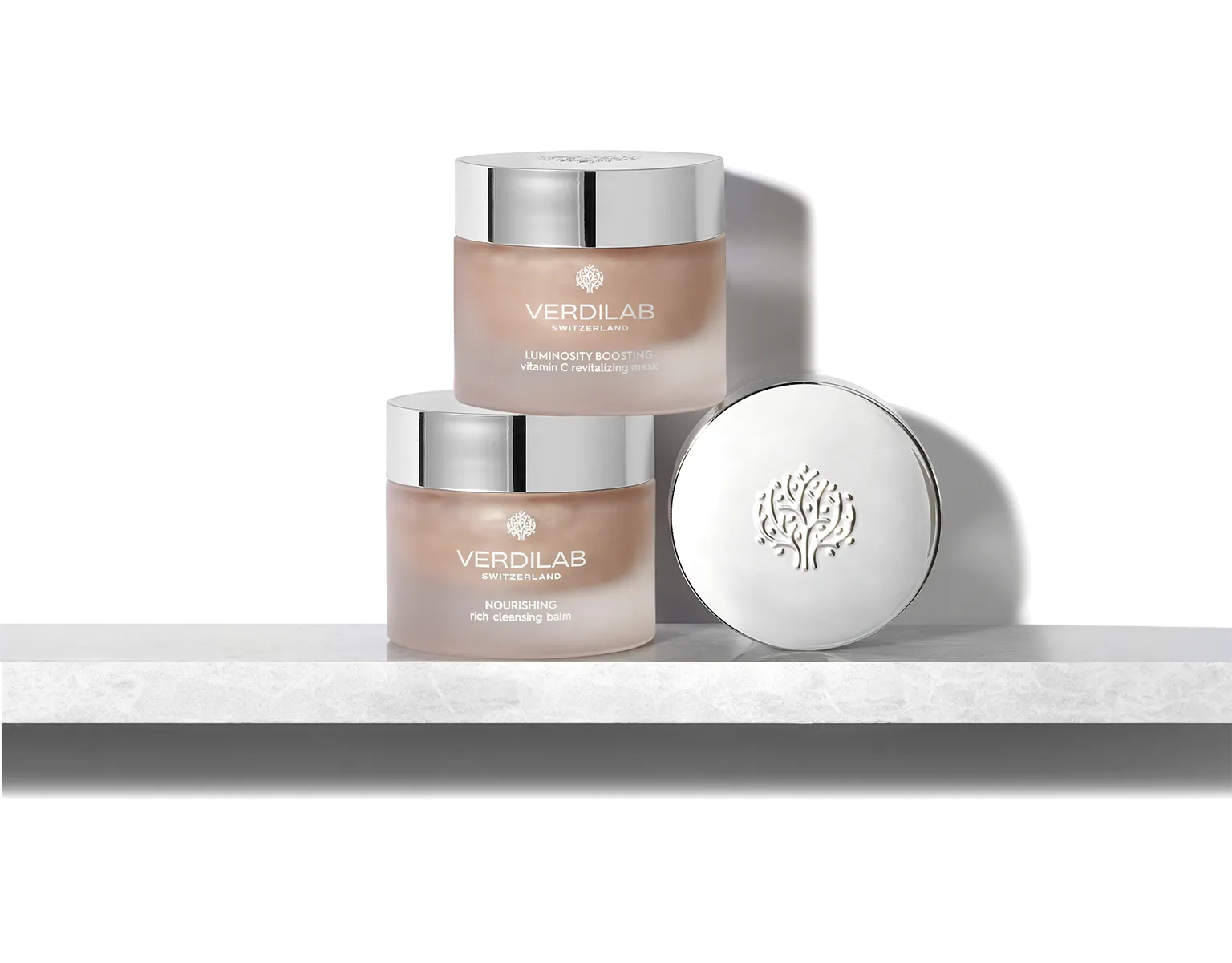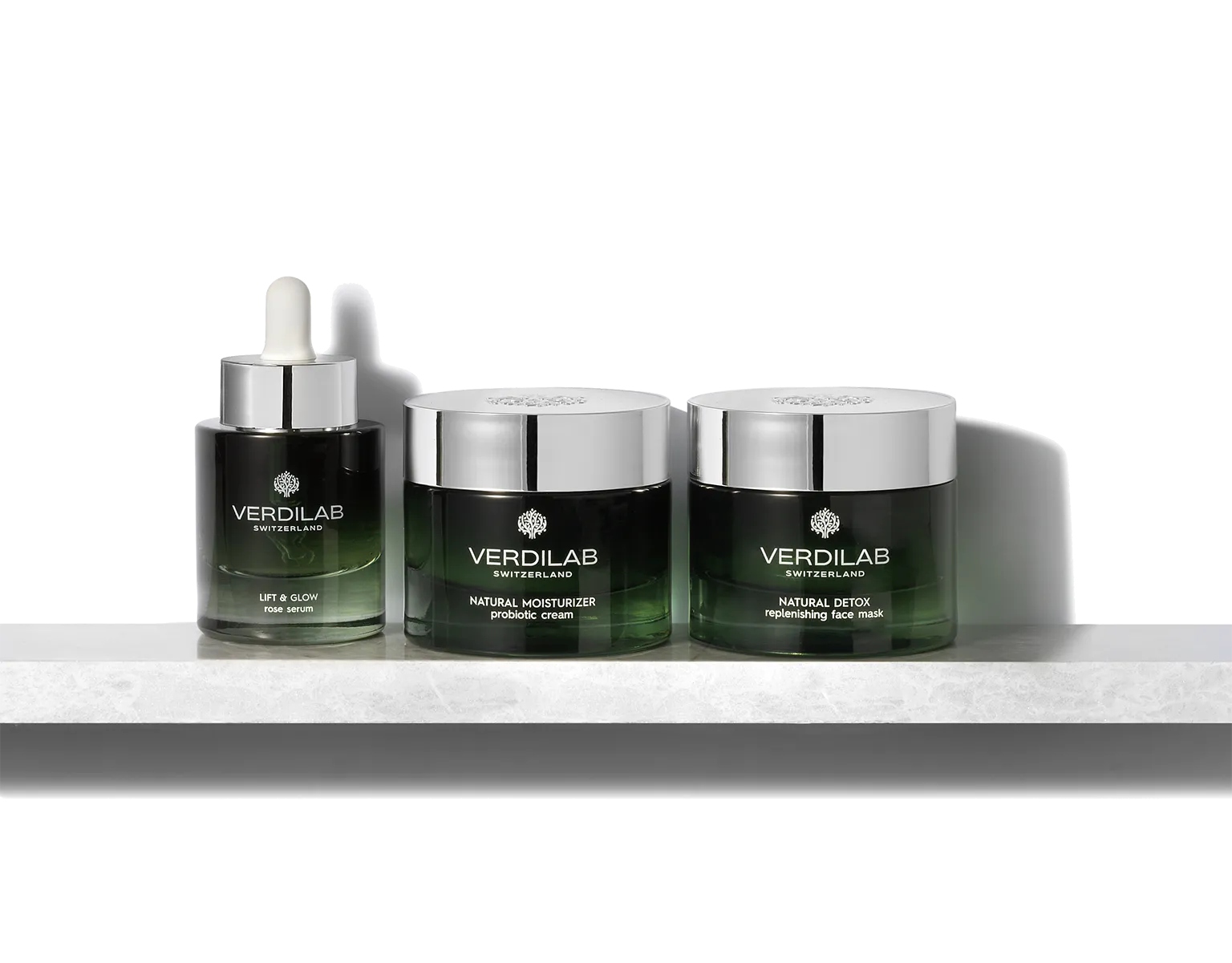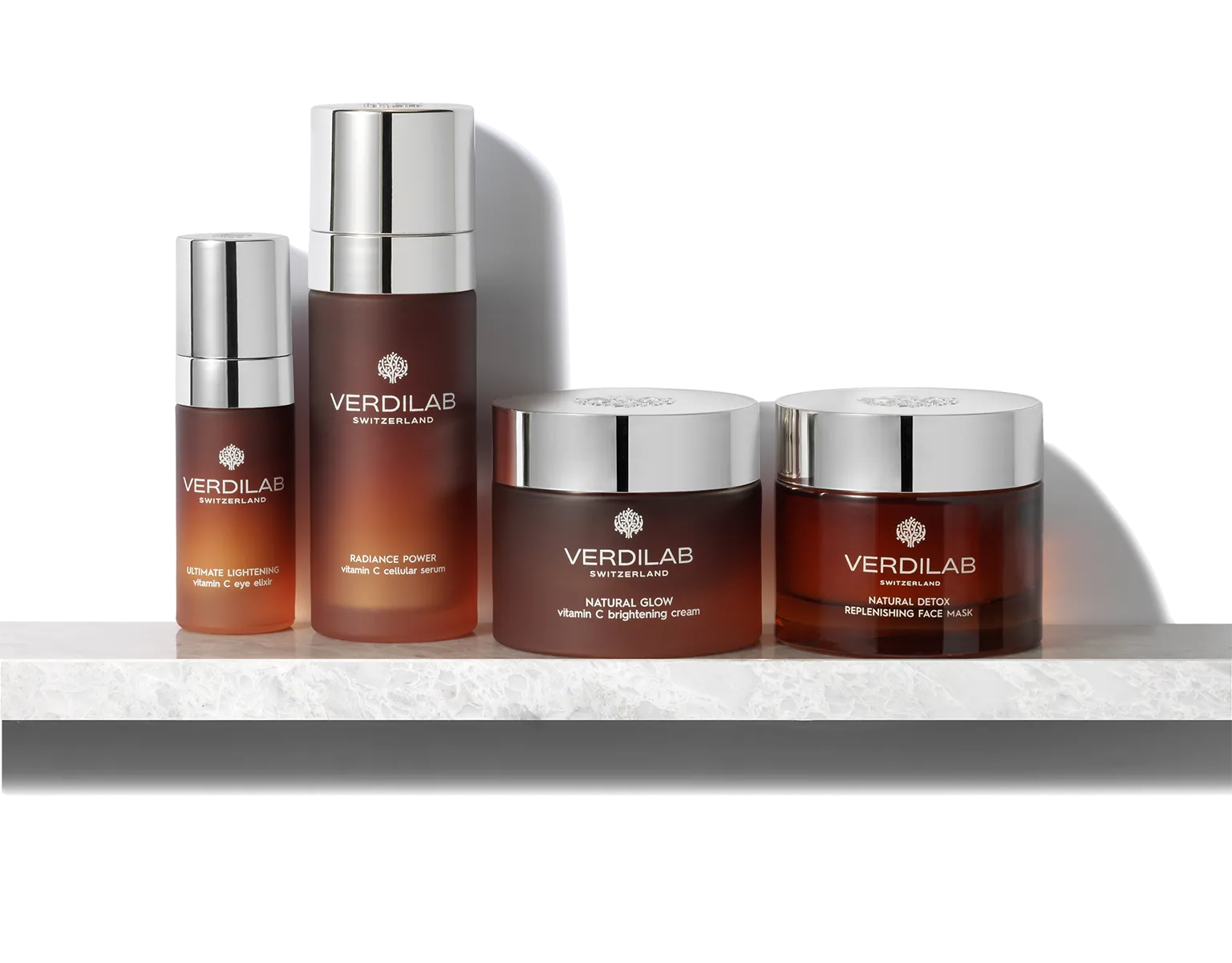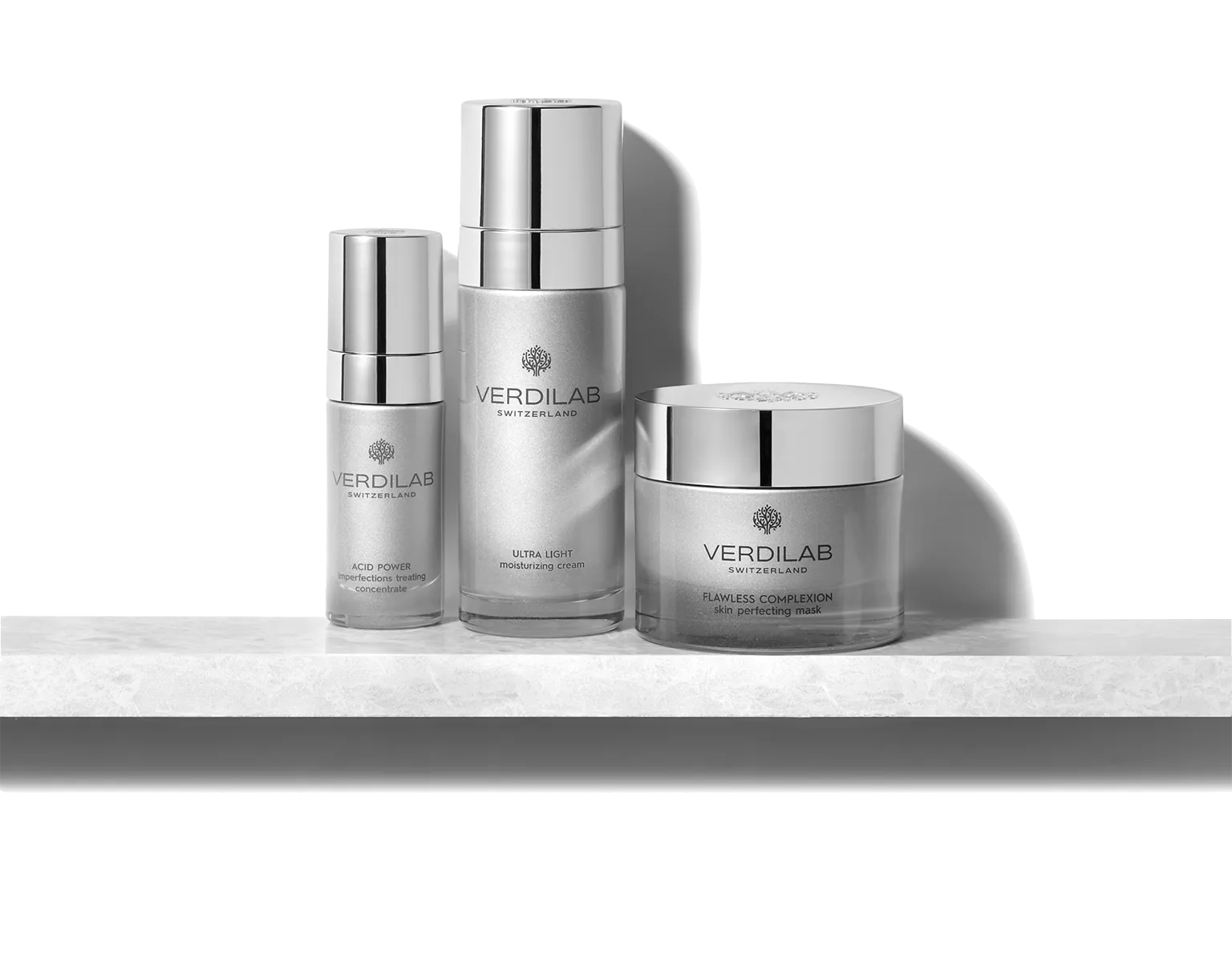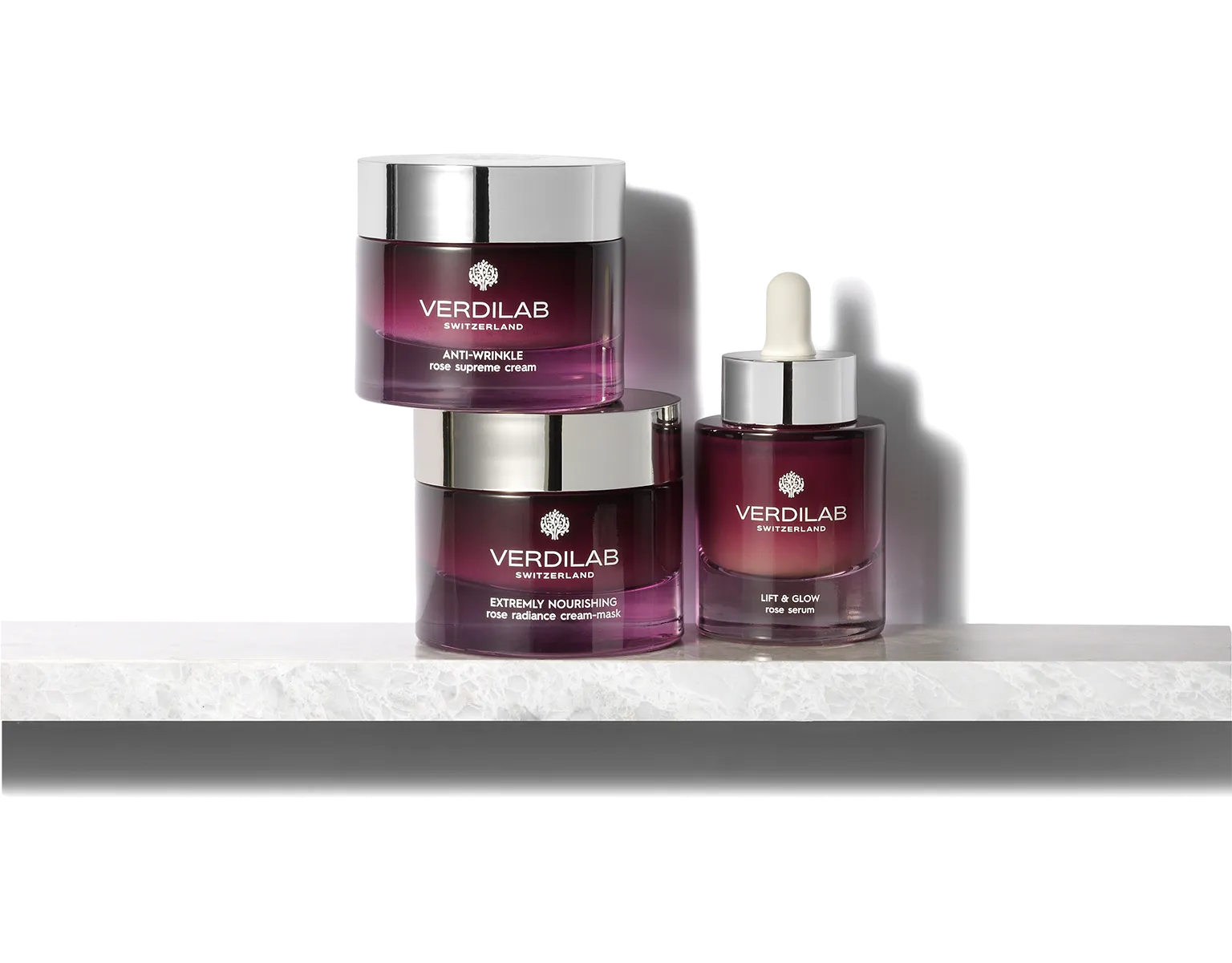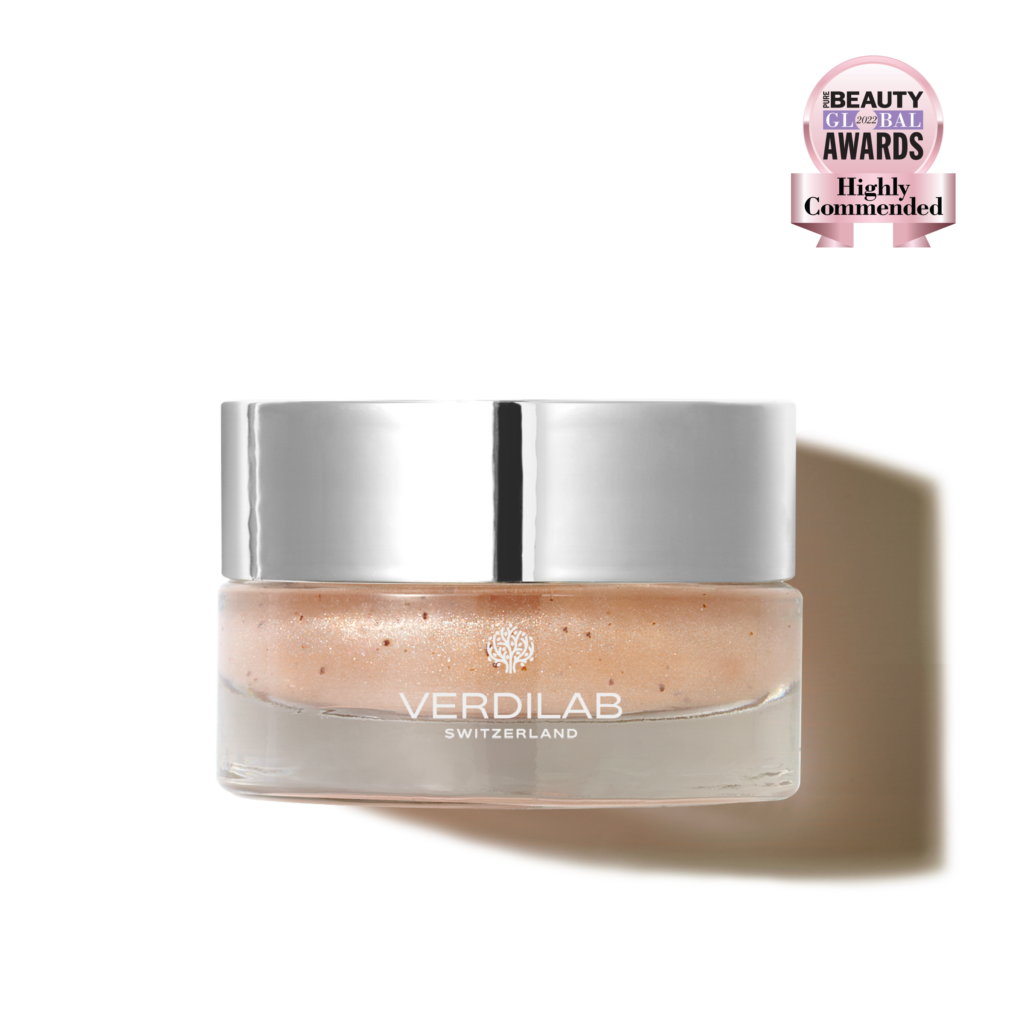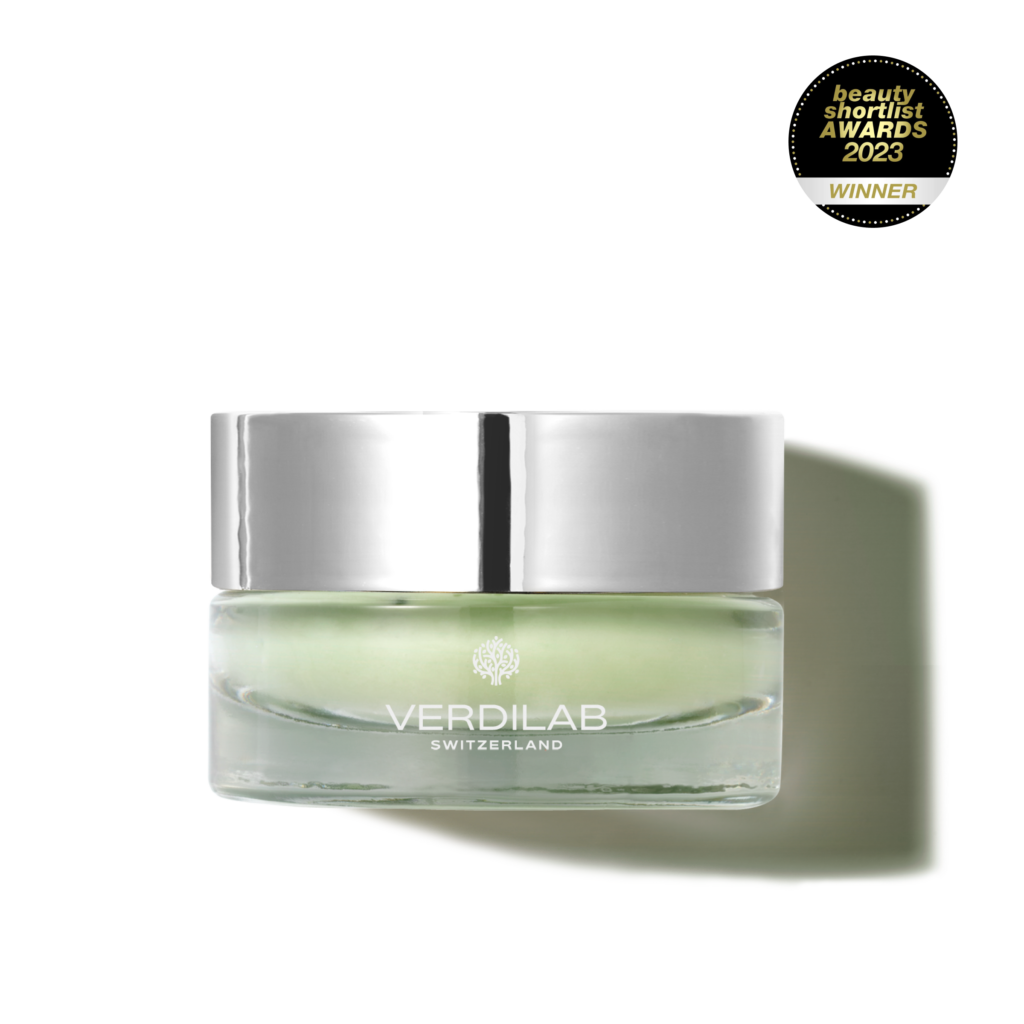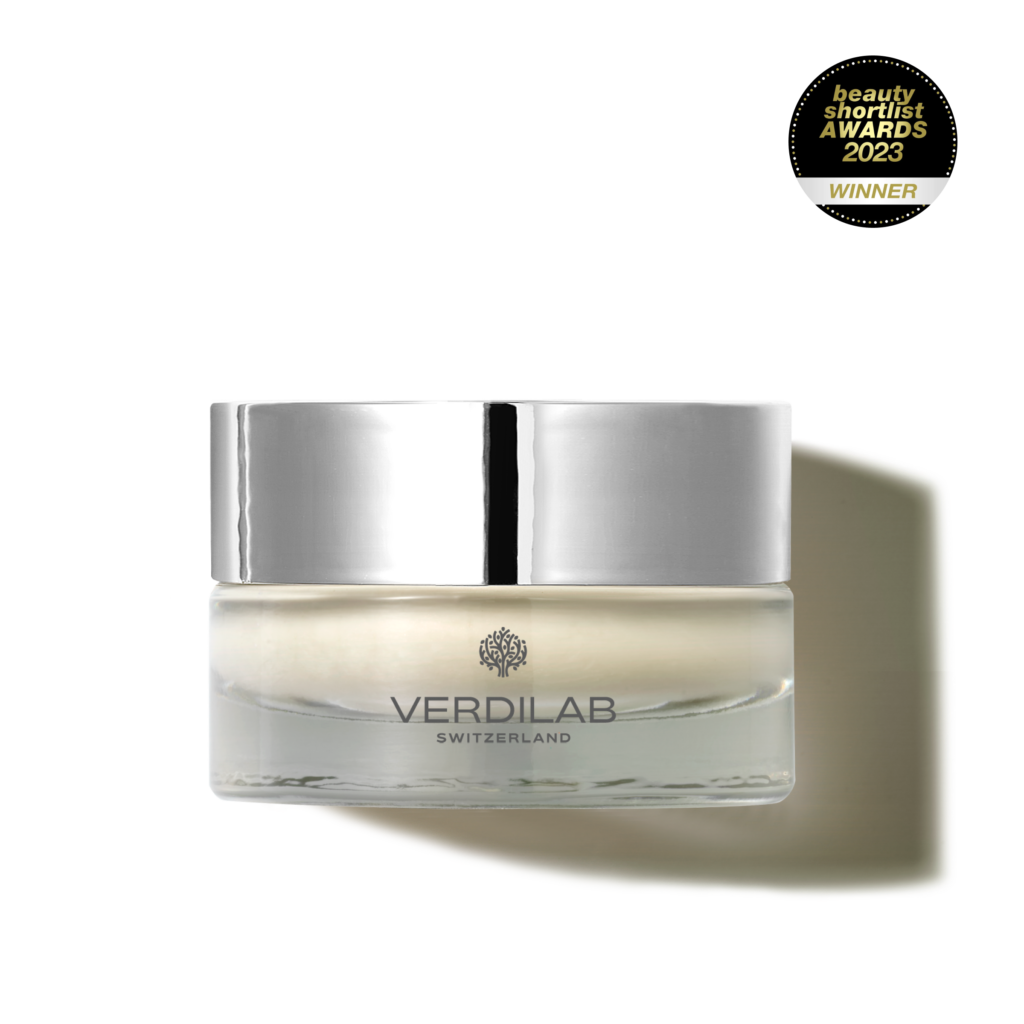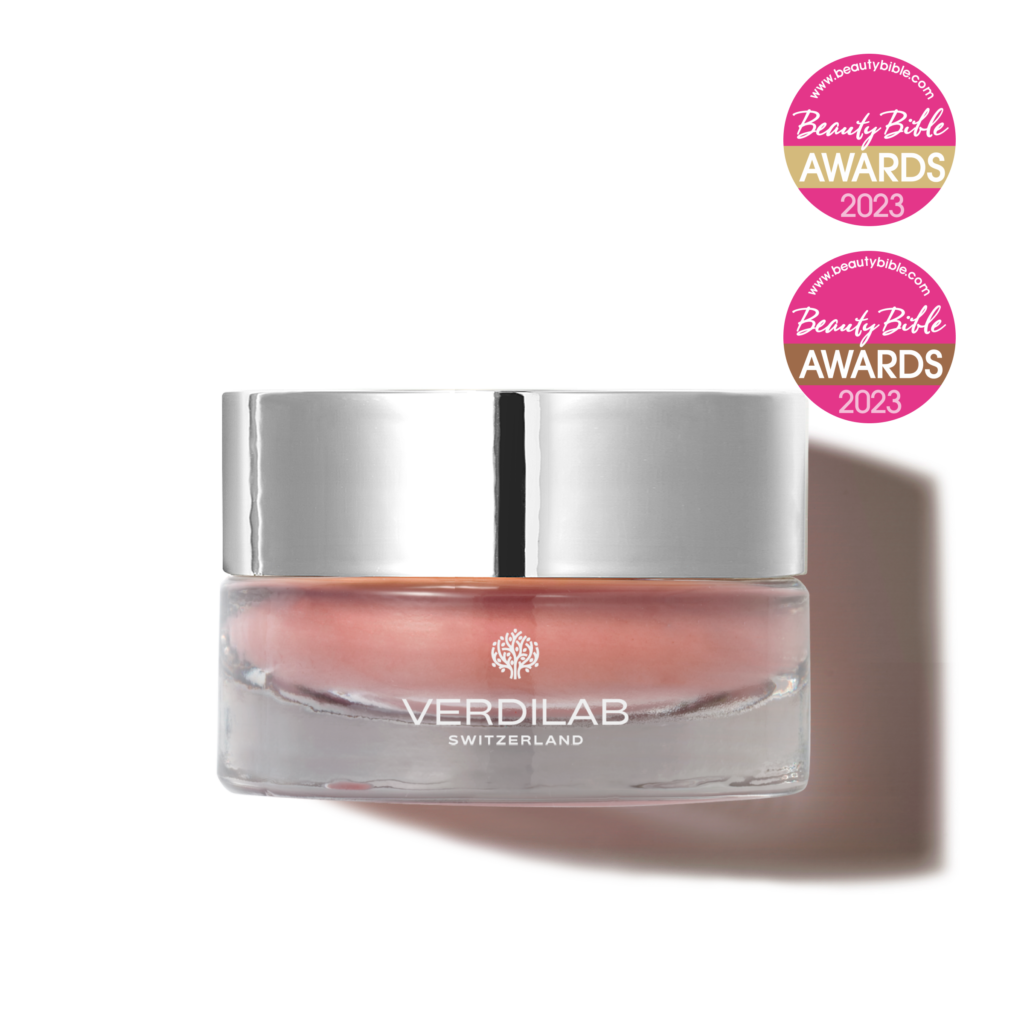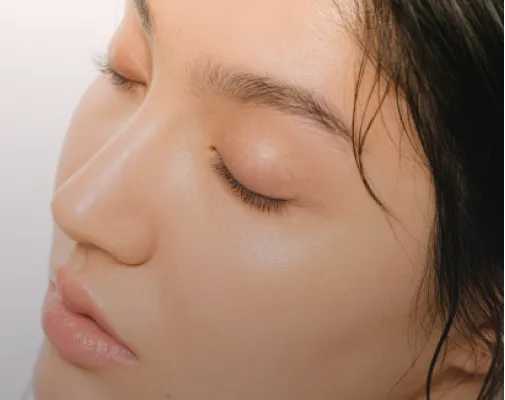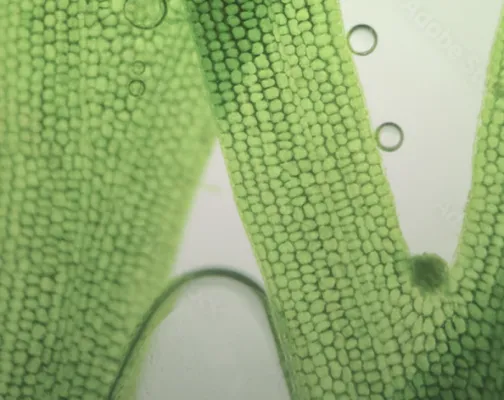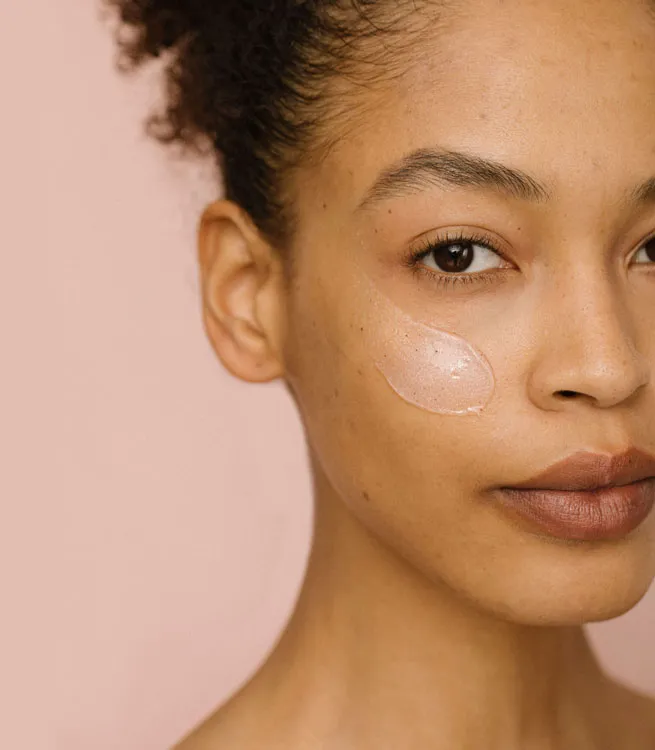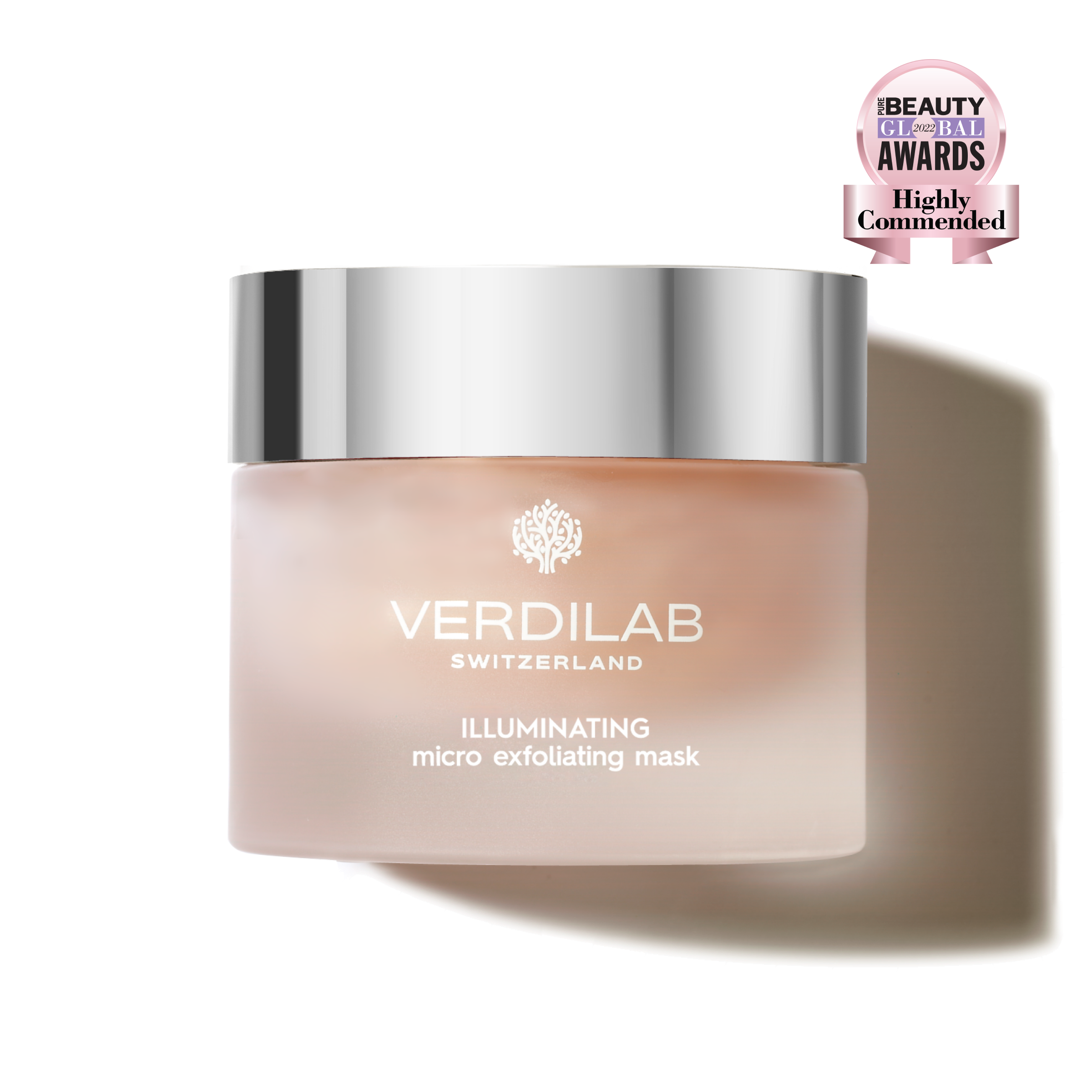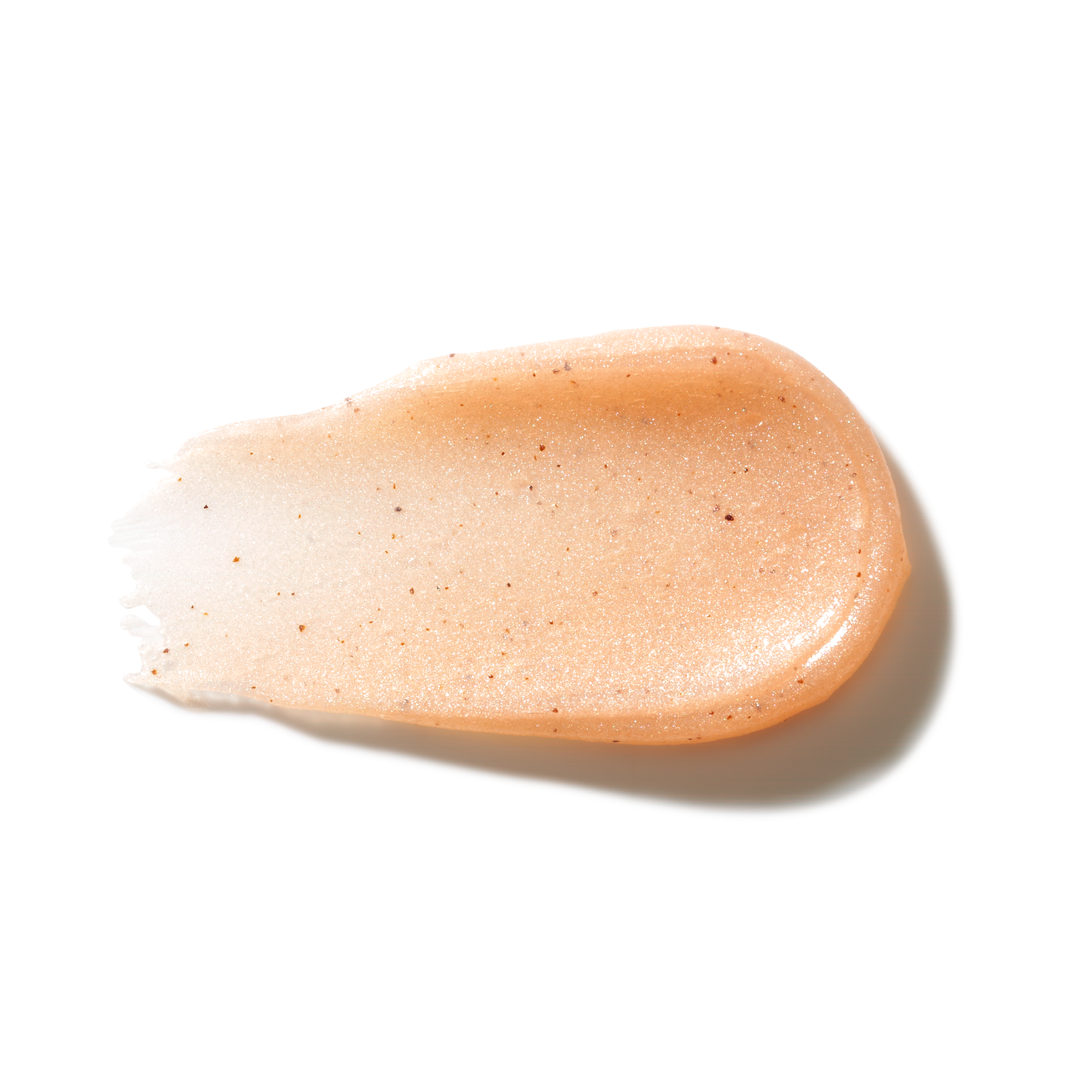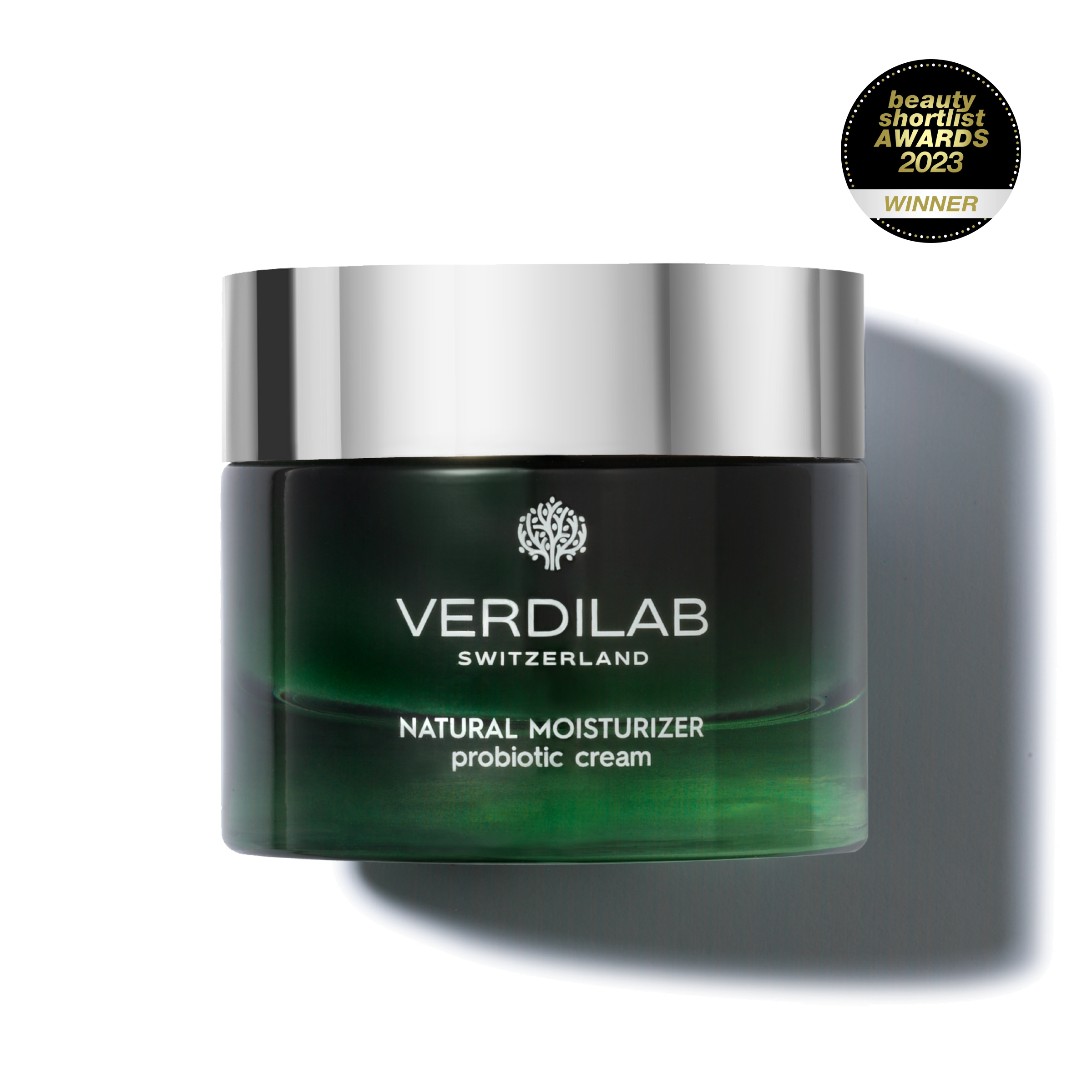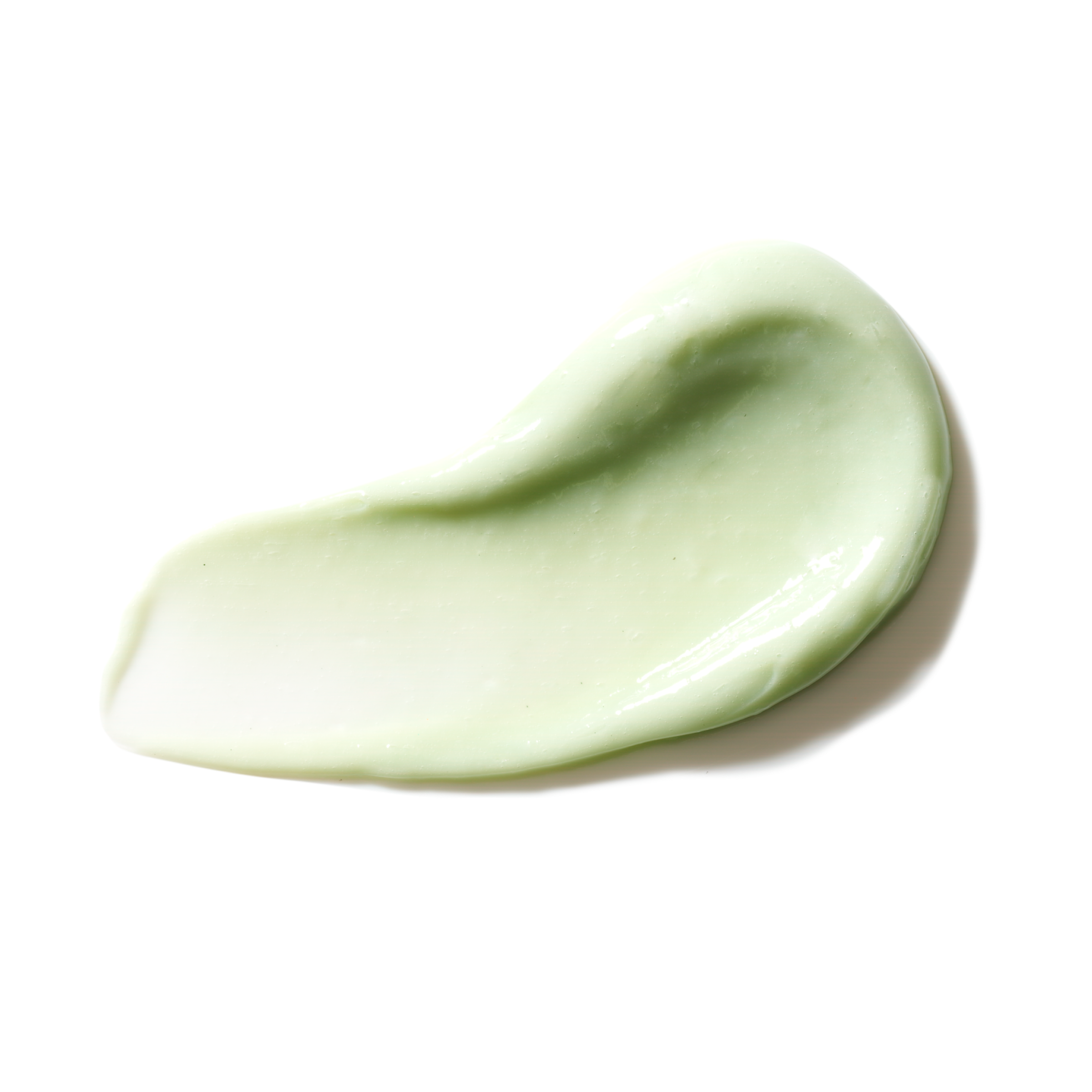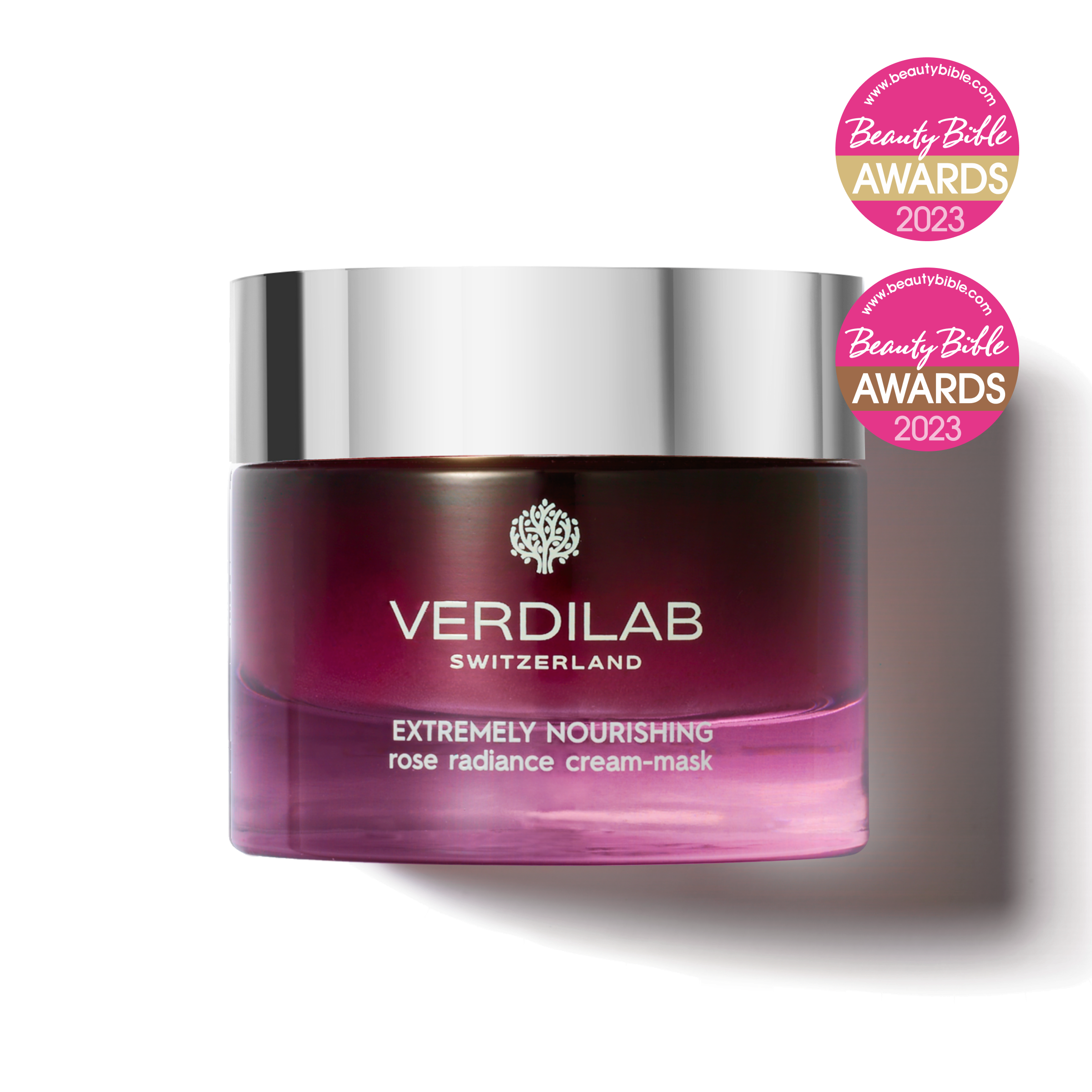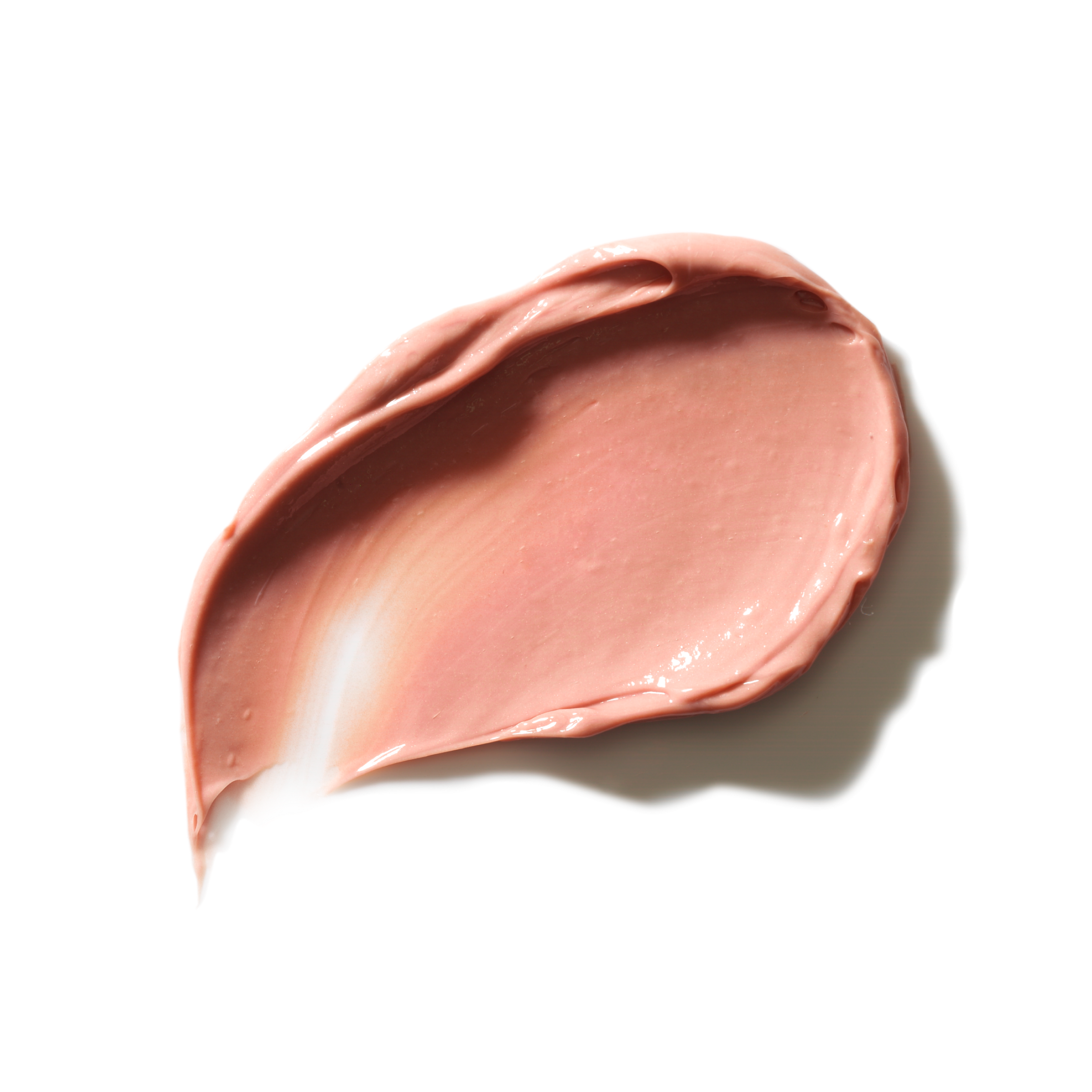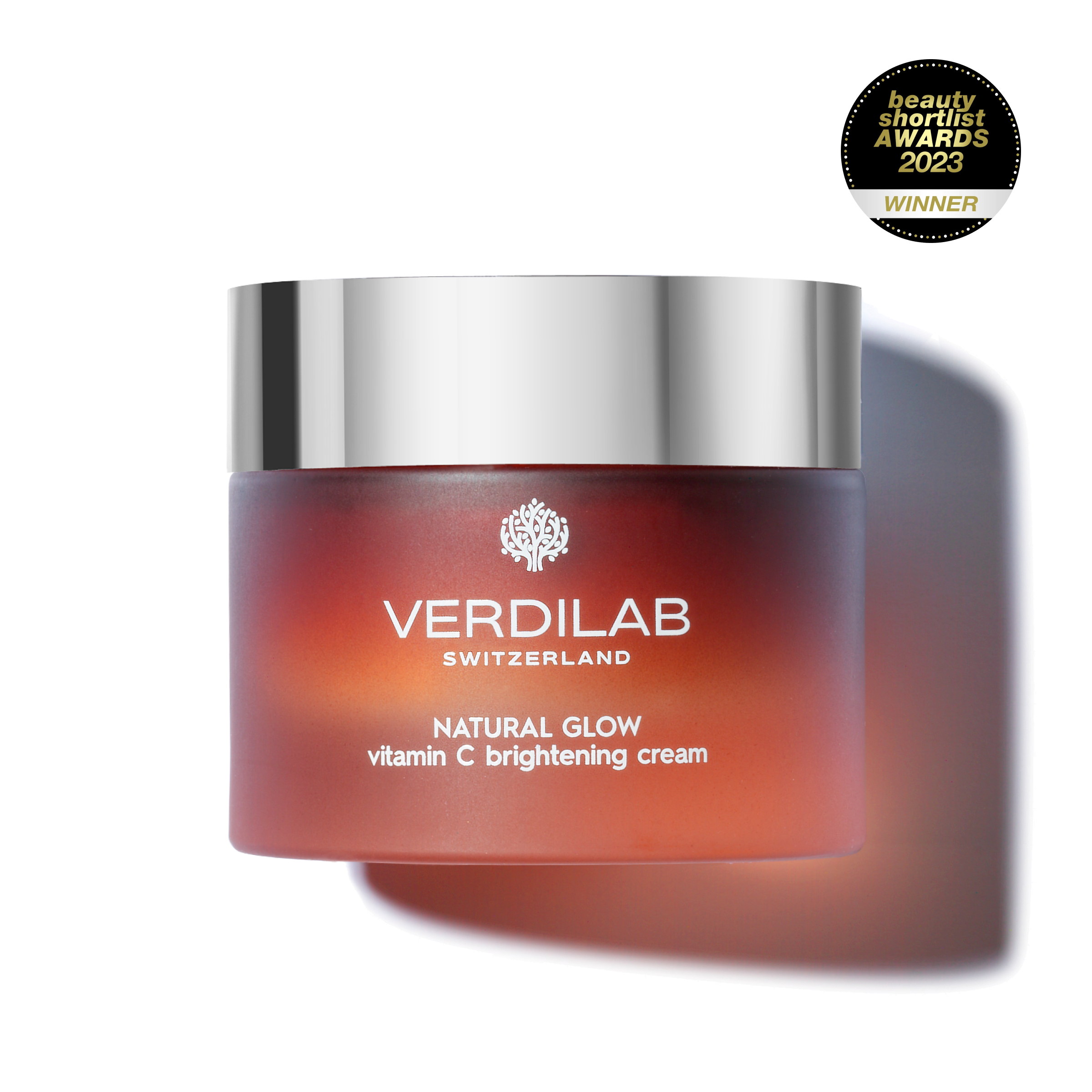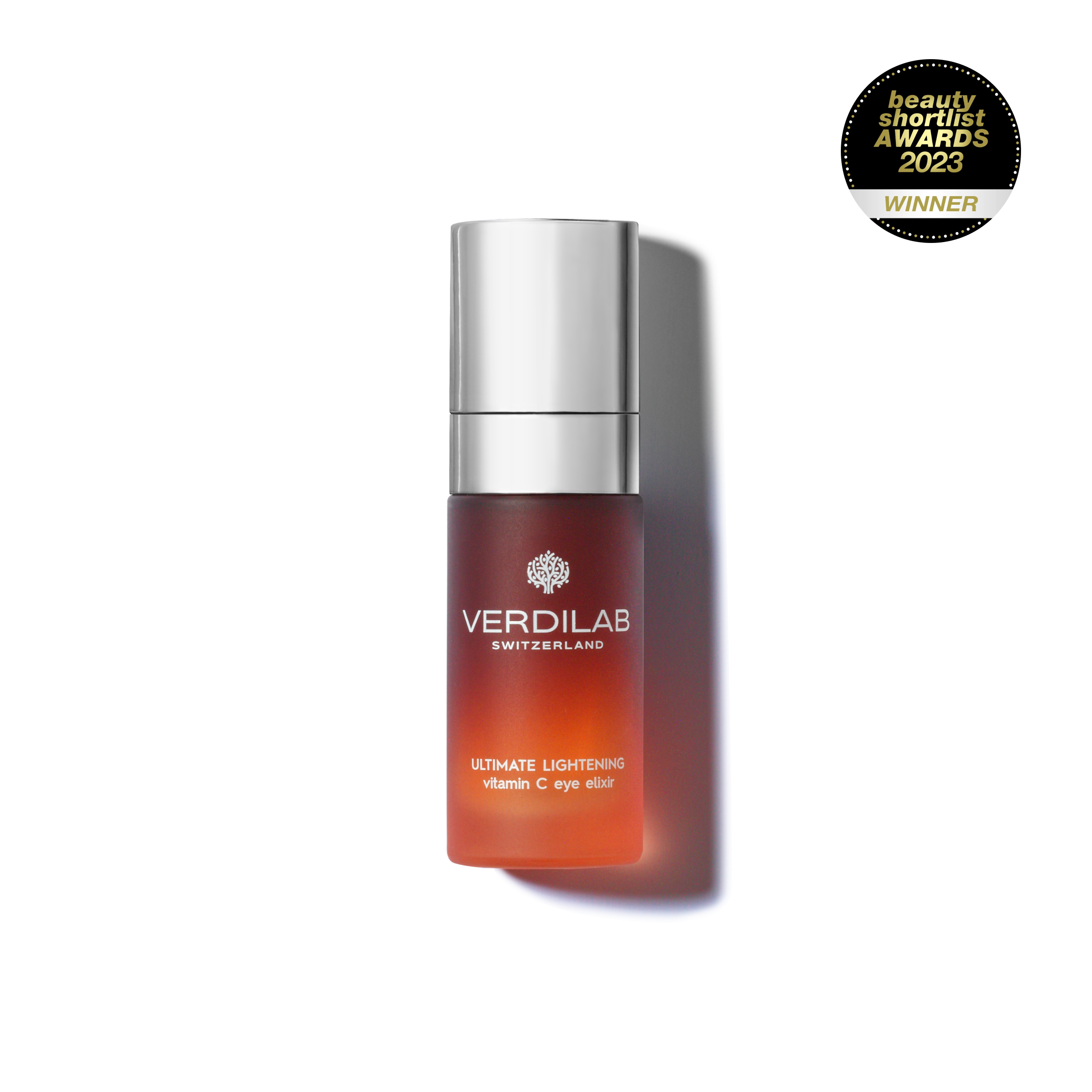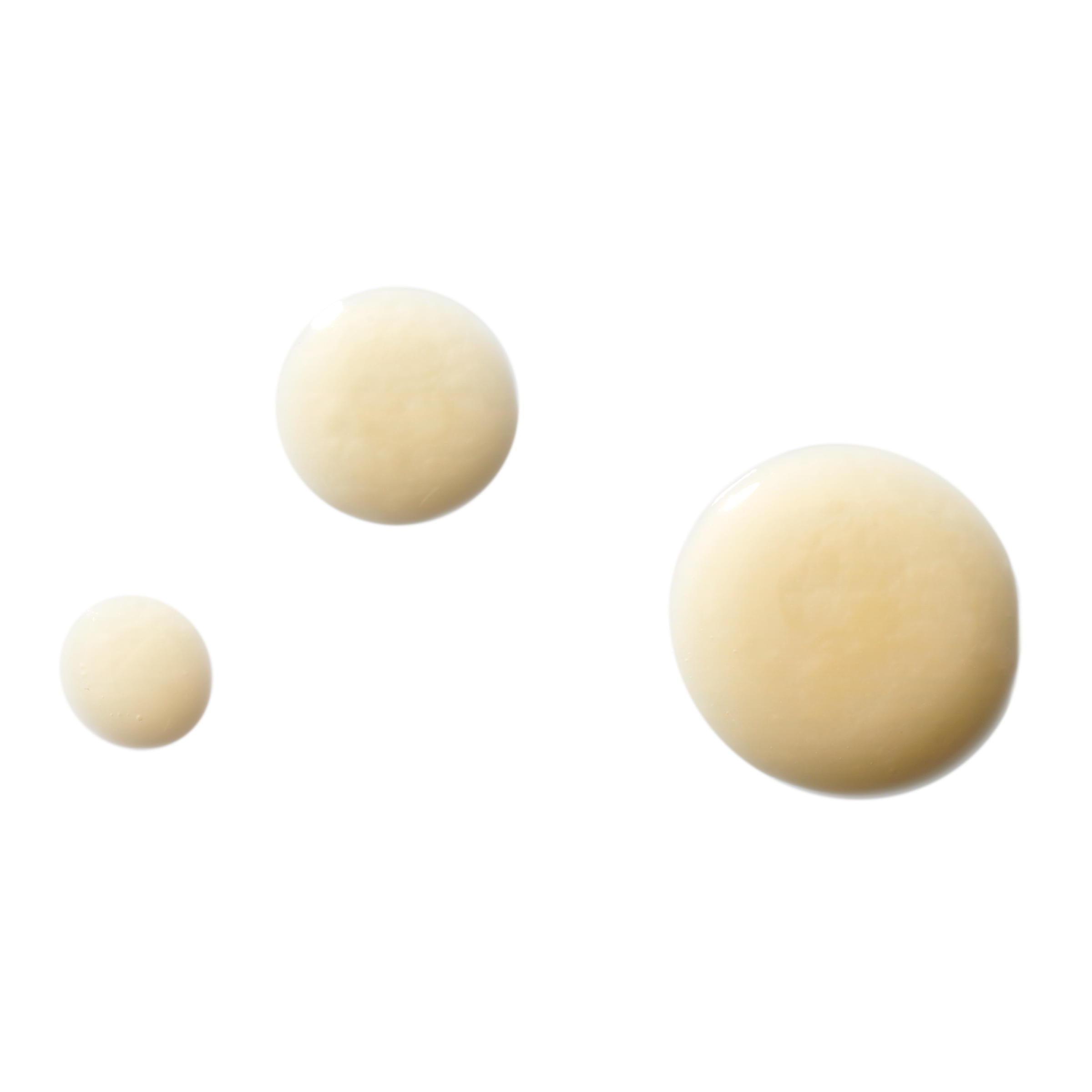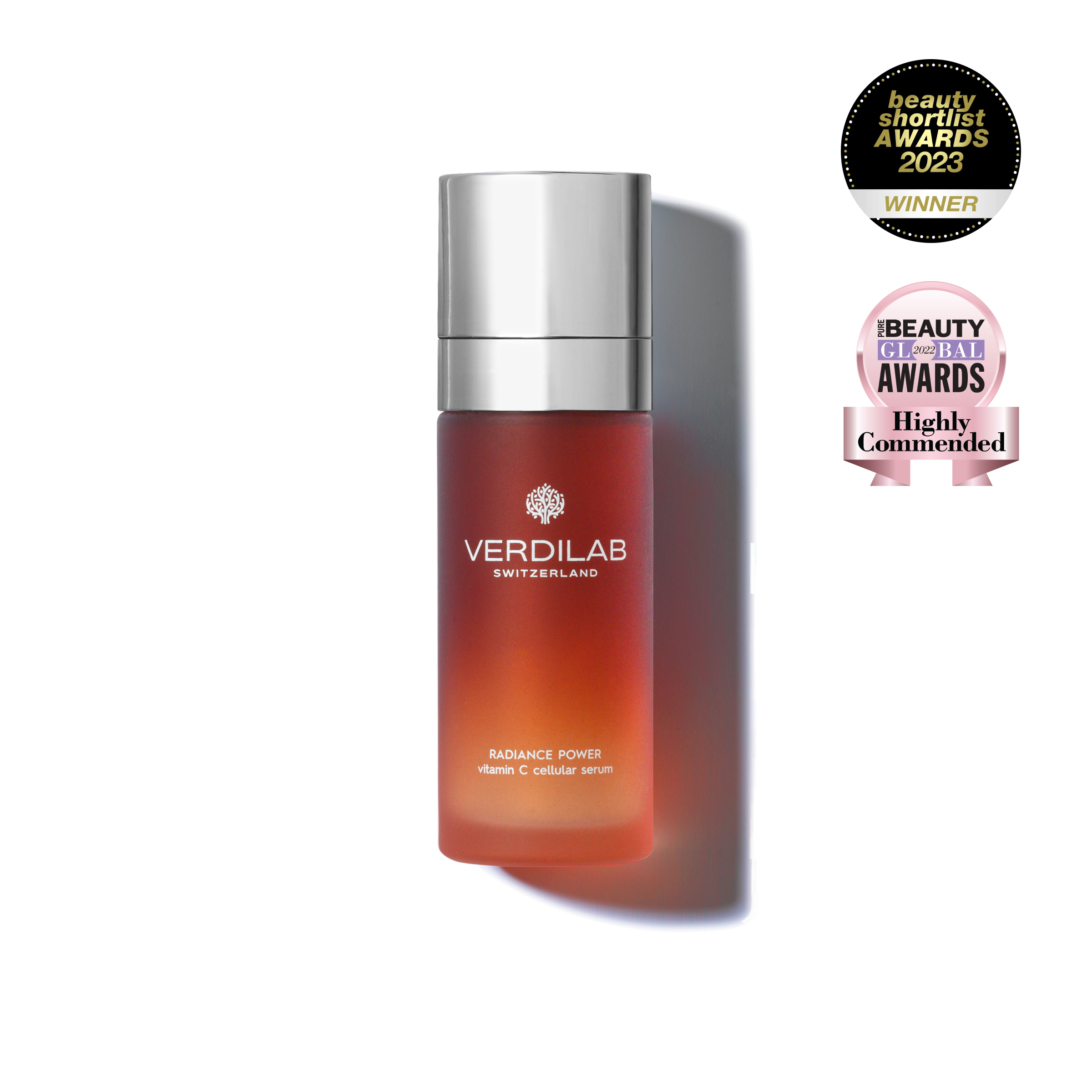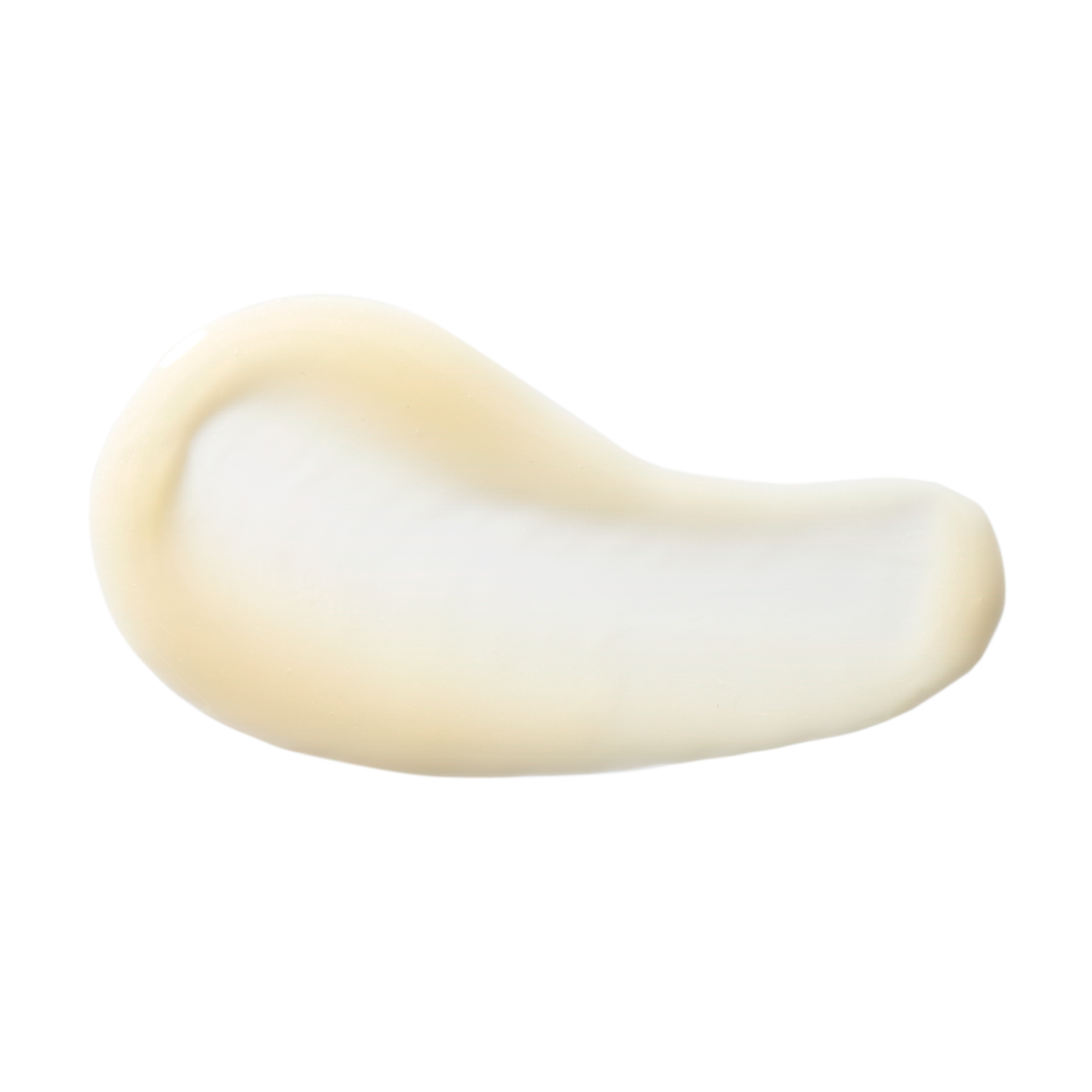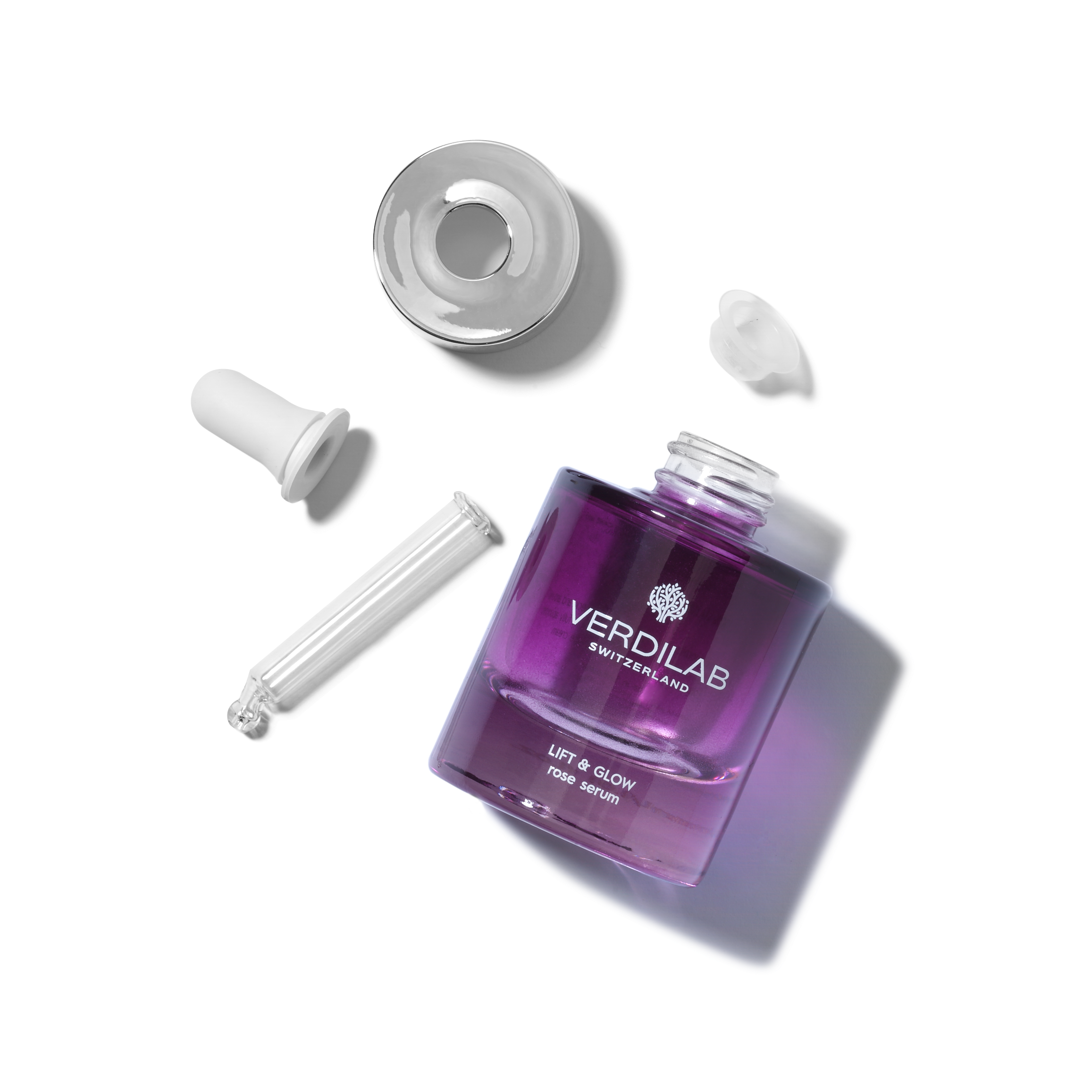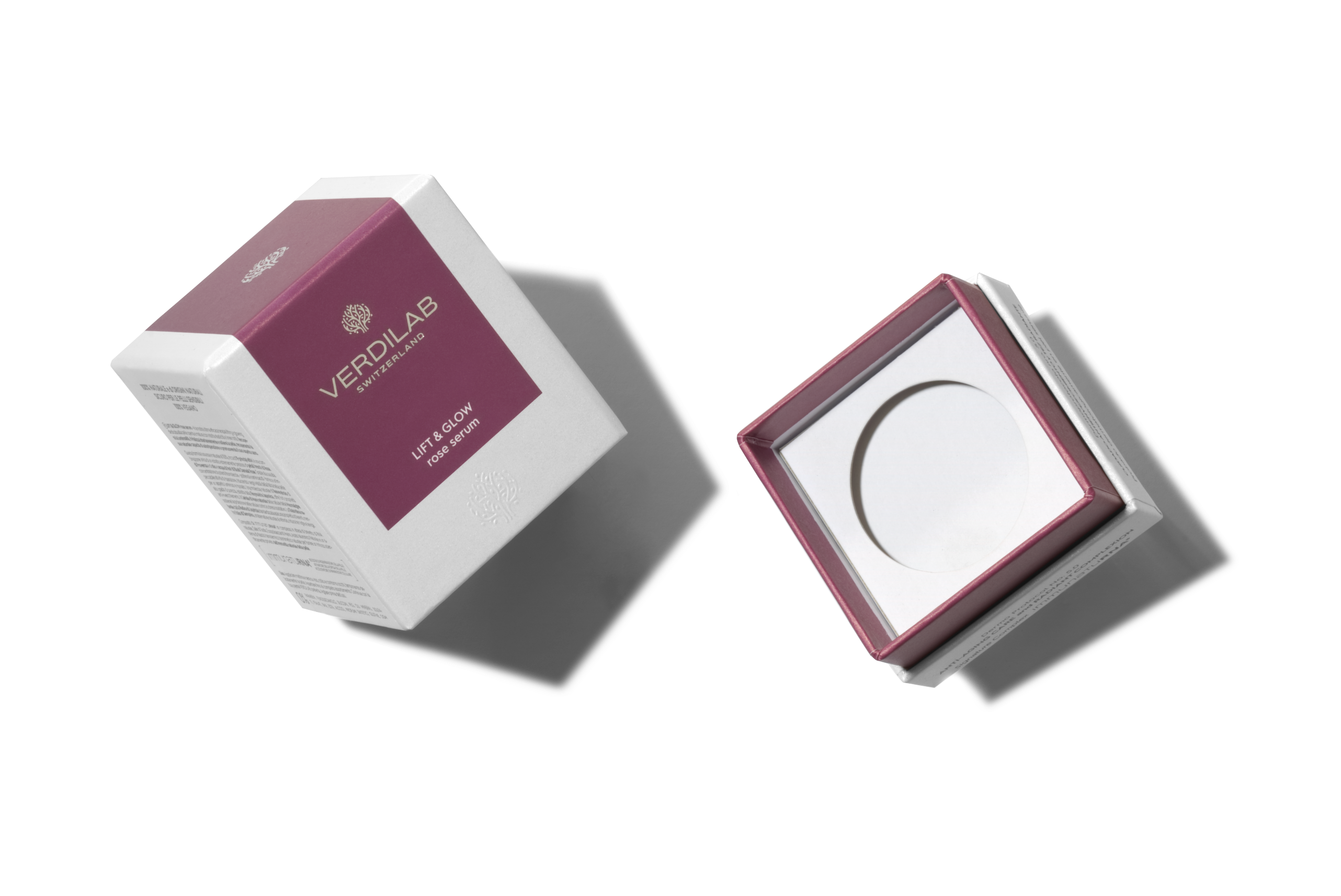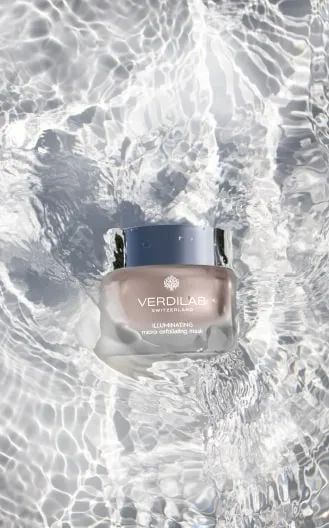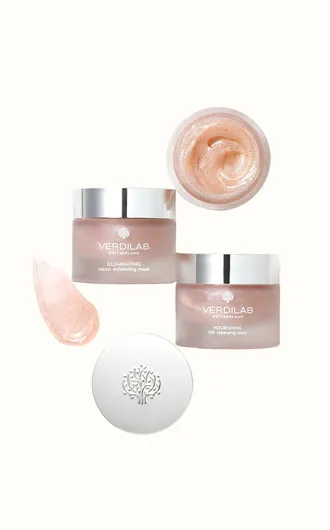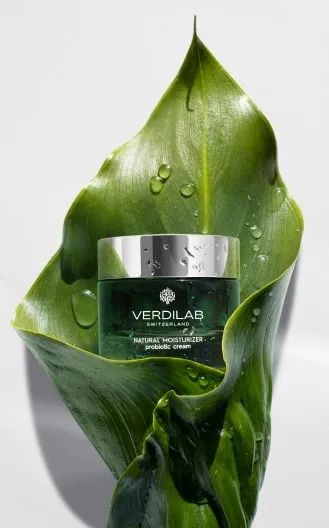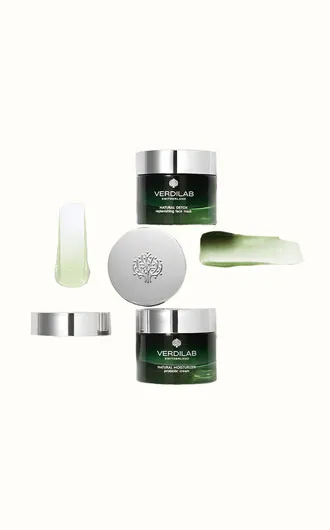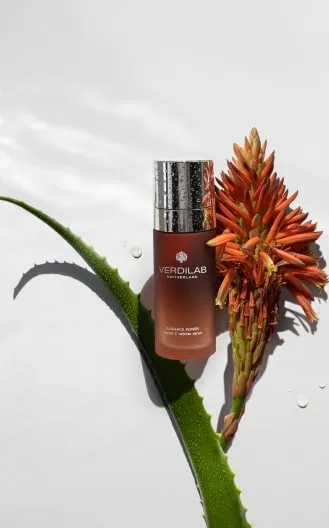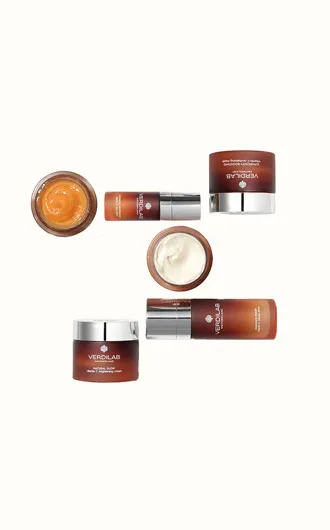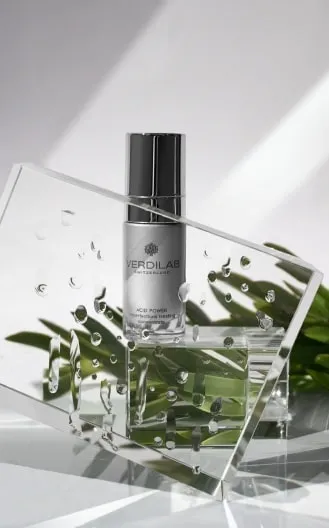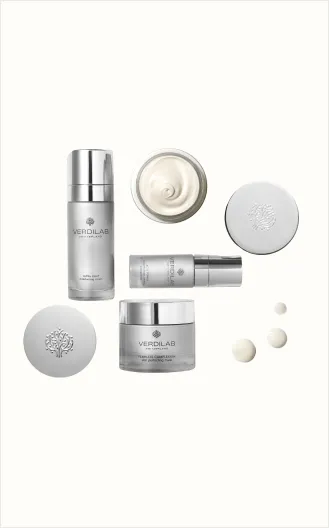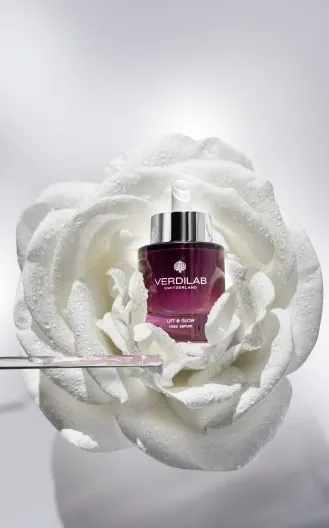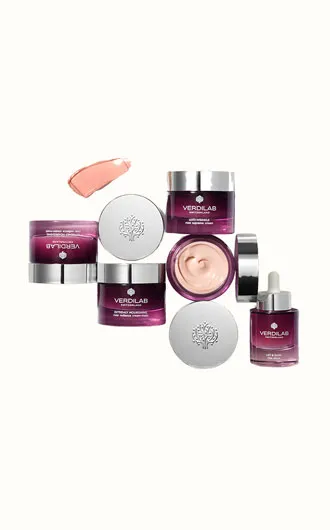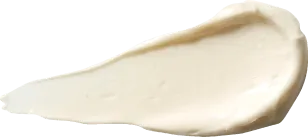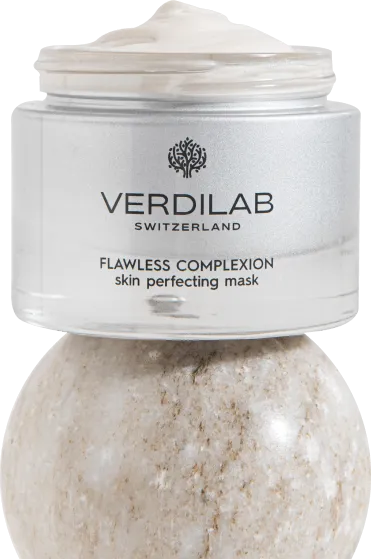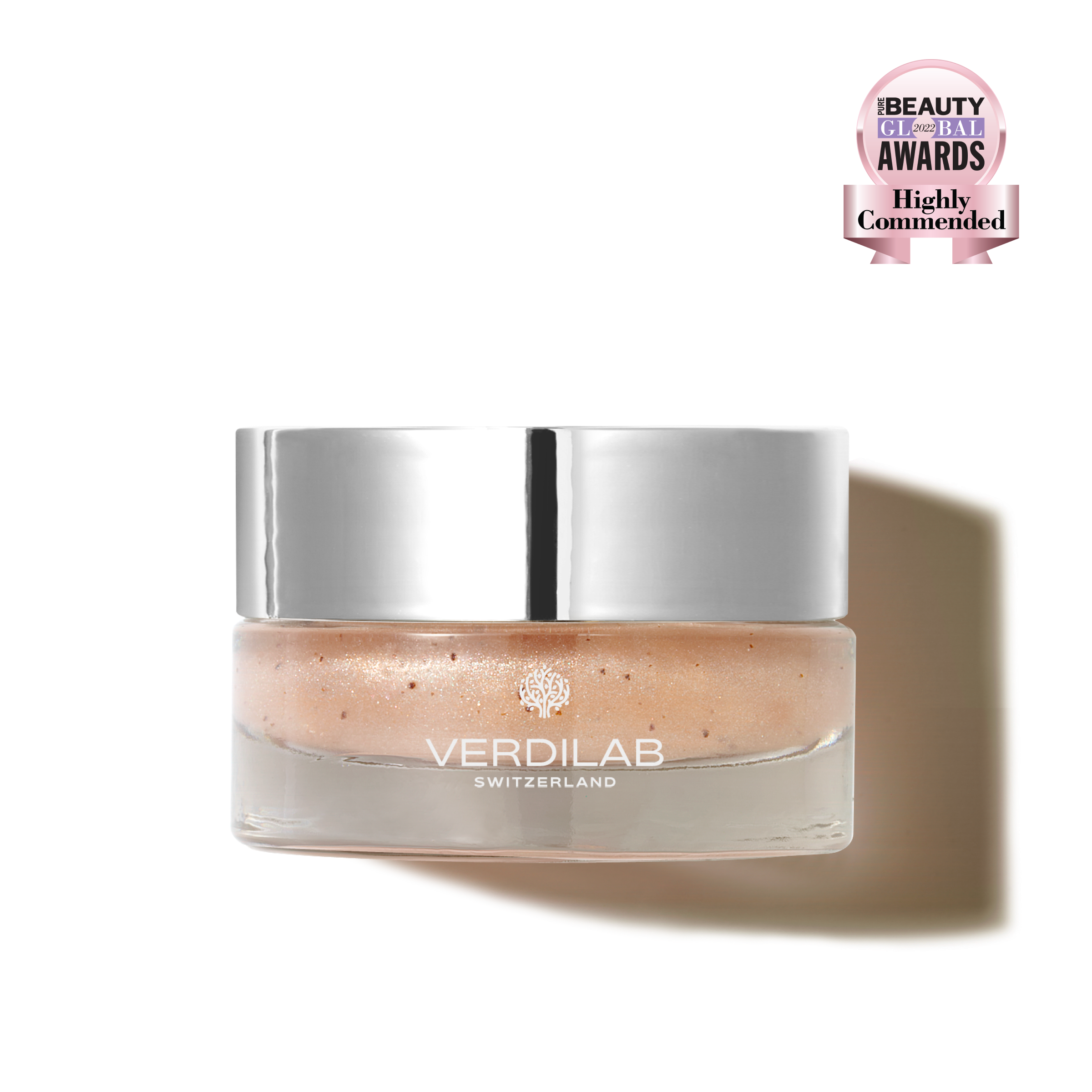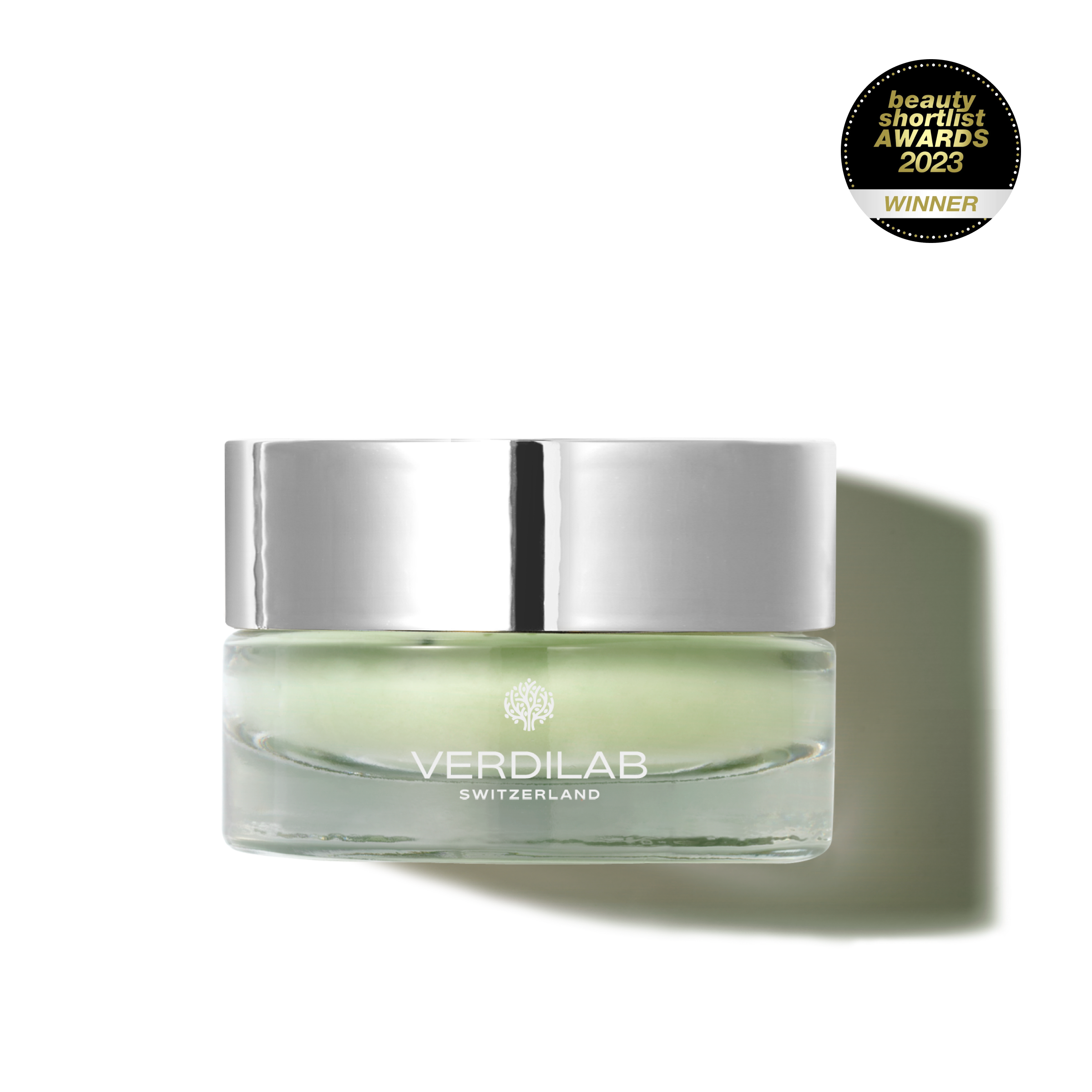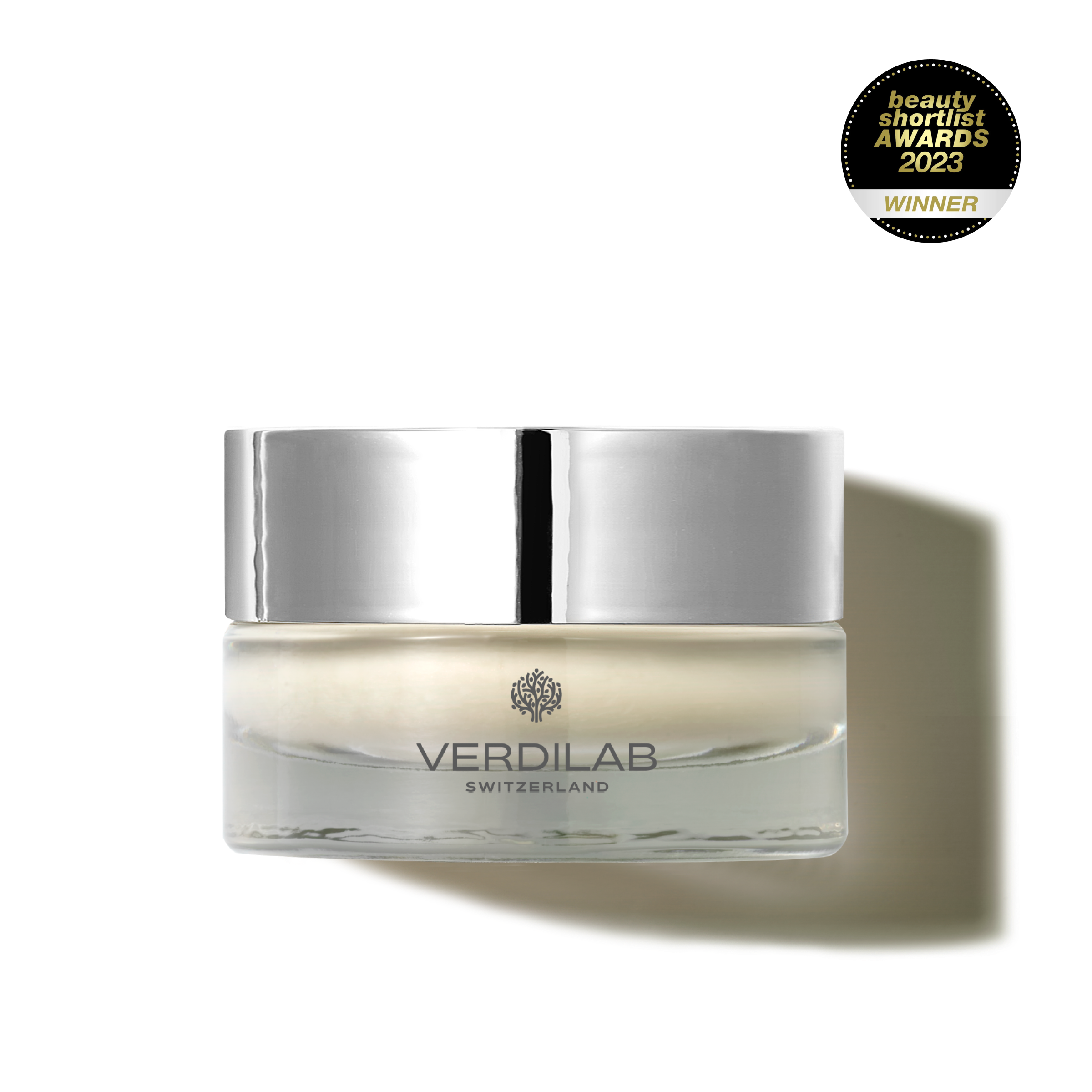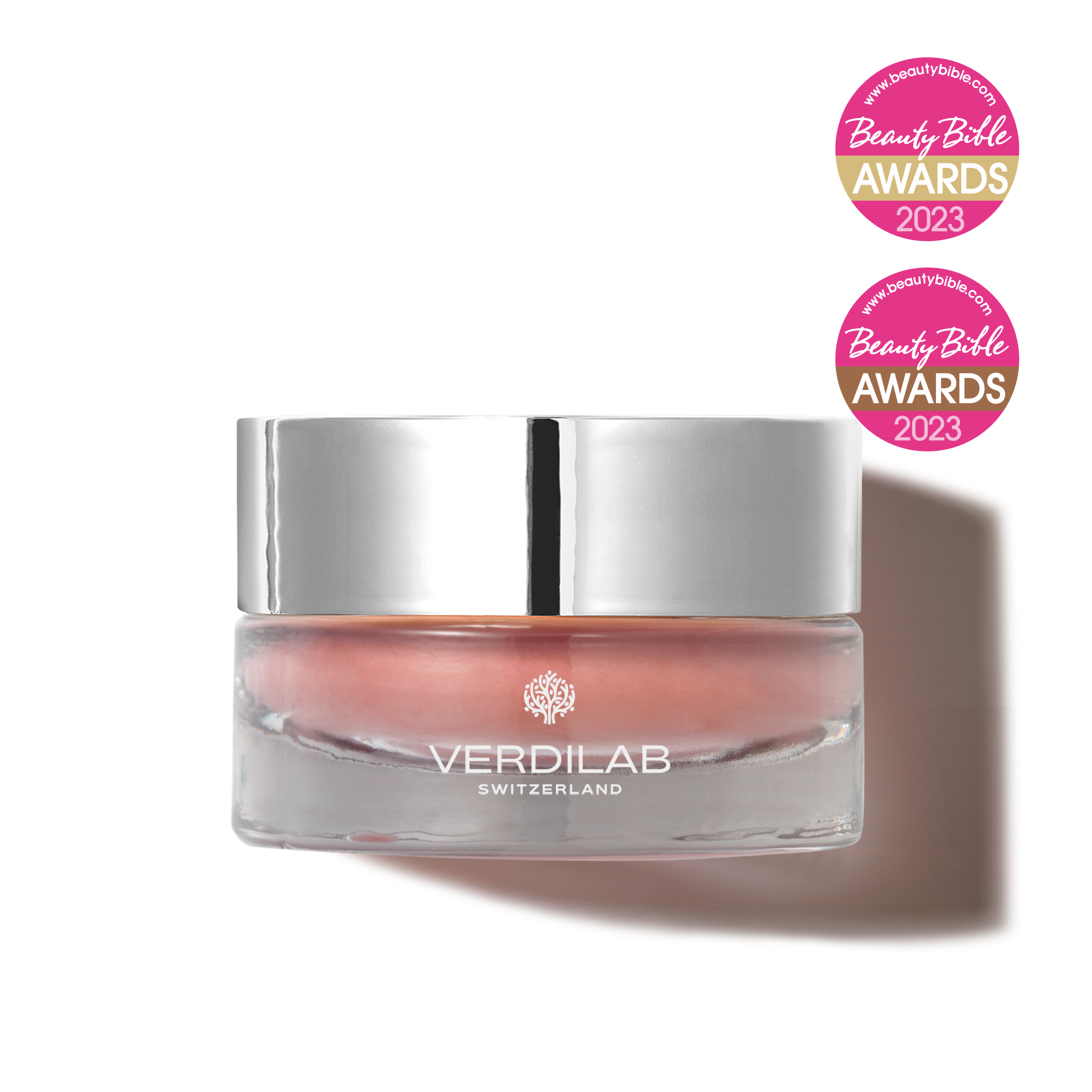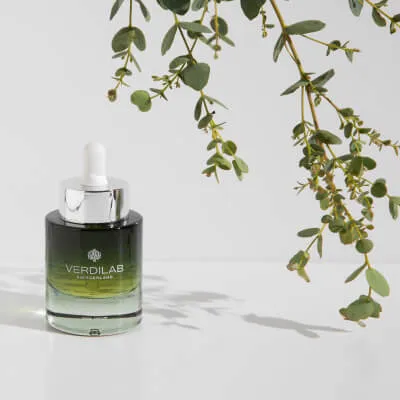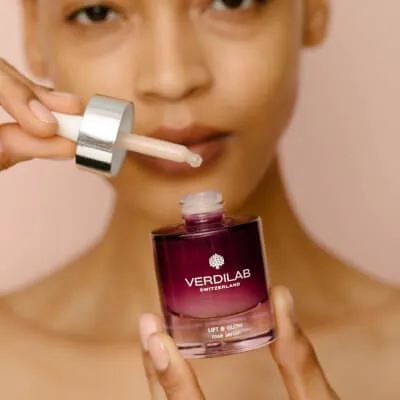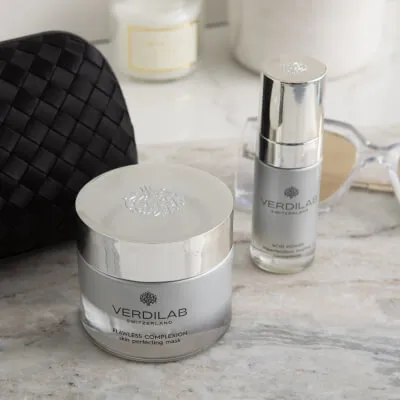









Our cutting-edge, patent-pending Signature Complex, based on 50 years of scientific research, is at the heart of VerdiLab cosmetics. It is the first fully natural proprietary composition that boosts the immune capabilities of the skin. Powered by the unique properties of natural RNA, it combines synergistically working natural compounds with a biomimetic transdermal delivery system. Engineered to bring a new level of effectiveness to skincare.
ACCELERATES SKIN’S INNATE ABILITIES TO REPAIR DAMAGED CELLS
BOOSTS SKIN’S REGENERATION CAPABILITIES
ACTIVATES SKIN’S NATURAL DEFENSES AGAINST EXTERNAL AGRESSORS
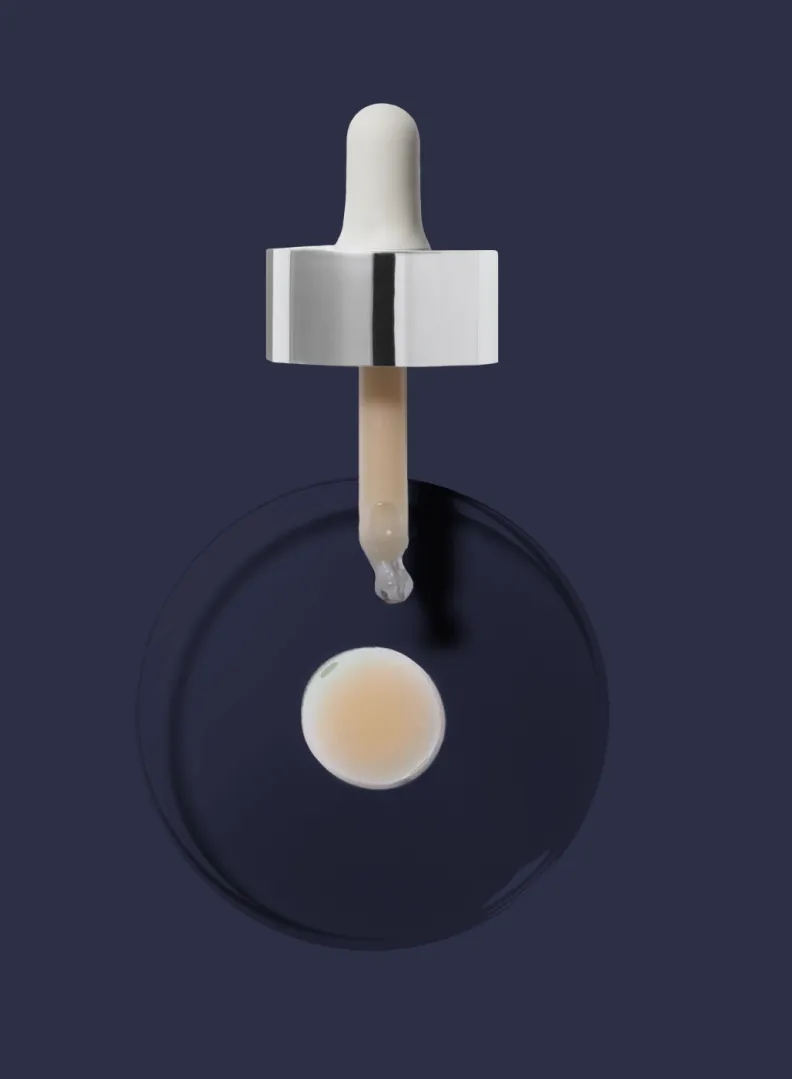
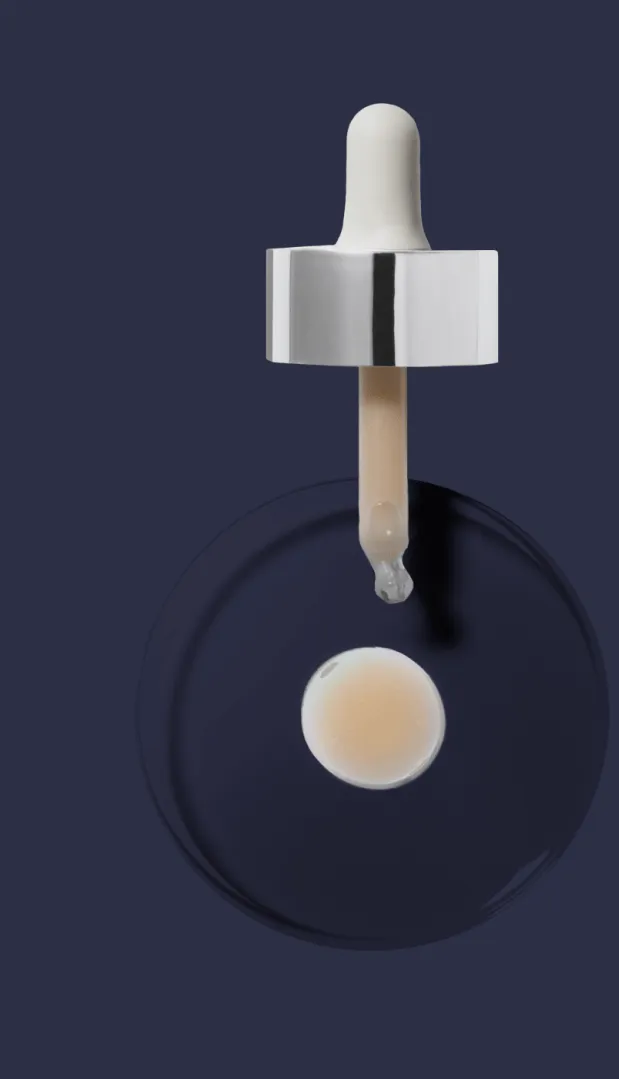
REVIEWS
What people say about us
Beauty rules
Made of 100% recyclable and partly recycled glass.
Made of 100% recyclable nitrile (rubber)
Made of 100% recyclable PP and PETG
Made of 100% recycable paper from responsibly managed forests that provide environmental, social and economic benefits
PROFESSIONAL SOLUTIONS FOR YOUR SKIN
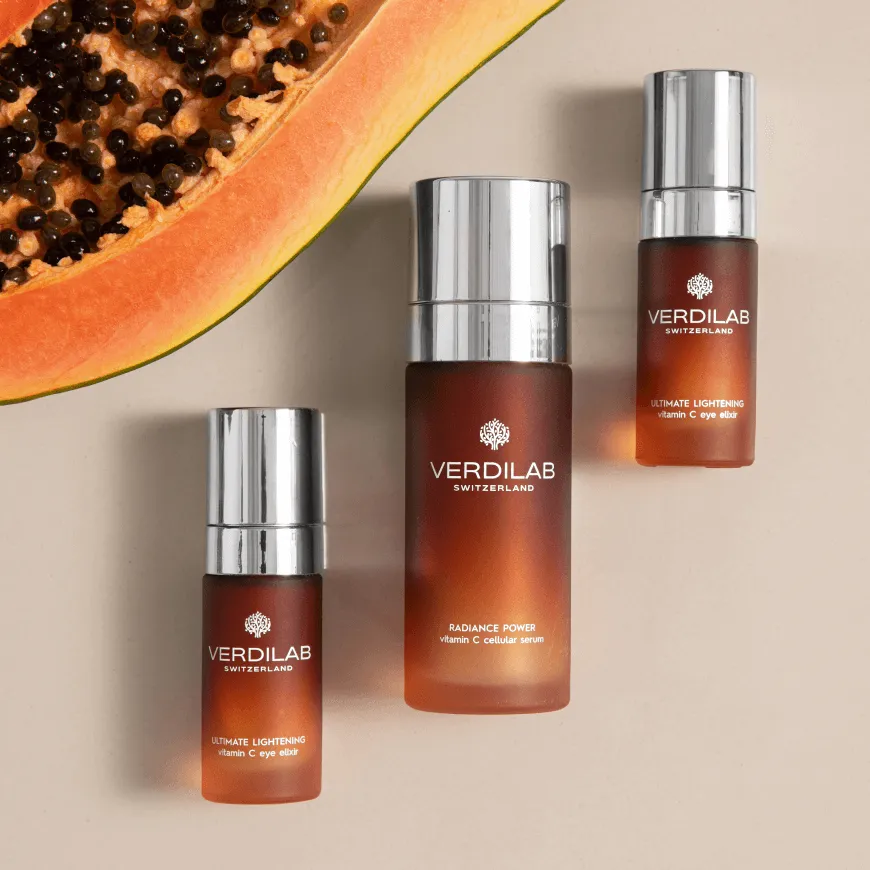
Creating formulas is an art as well as a science. That's why we follow the strictest standards and use only the highest-quality, ethically-sourced, pure and standarized ingredients - even if they cost more. We believe that less is not more when it comes to skincare - therefore our formulas are ultra-rich in highly concentrated Marine and Botanical actives, minerals and natural acids, all with scientifically proven efficacy. They work together to deliver real, visible results for your skin.

We avoid the use of any fillers, such as water or silicones, which are usually up to 90% of the content in regular cosmetics. Instead, we use organic algae serum, as well as floral and herbal waters, as the bases of our formulas. They are ultra-rich in microelements and vitamins, providing the skin with beneficial nutrients. We use only green, food-grade preservatives, that are of 100% natural origins. Our formulas contain only natural, allergen-free fragrances, that are safe even for the most sensitive skin.

MEET OUR FOUNDER
 VERDILAB is my personal contribution for the betterment of the health of our skin and our planet.
VERDILAB is my personal contribution for the betterment of the health of our skin and our planet. 
My dream was clear - I wanted to create 100% natural and non-toxic skincare that has a power to support immunity of the skin. To go beyond Clean Beauty offering cosmetics without any synthetics or irritants. Because I believe in the healing power of pure nature, and I want to share this power with you. If we know nature well, understand it intimately and use it properly, it can do miracles, changing our skin, our body, and our life for the better. That is why I would like to inspire You to re-think and revise Your approach to beauty. For the sake of Your health and Our environment. I’m Victoria, a 3rd generation medical doctor with over a decade of hands-on experience in the cosmetics industry.
Discover my story
Test Our Trial Sizes!
Your skin will thank you.
Follow Us On
Instagram

Join our club to get additional benefits & exclusive offers
Everything we do is based on science, knowledge and passion - we are happy to share them with you to have the healthiest skin and life possible.
Your opinion is crucial for us, and we would like to give you a unique opportunity to directly influence what we create and implement.

(Butylated Hydroxyanisole) may cause cancer, skin irritation and hormonal disorders.
(Butylated Hydroxytoluene) suspected of causing cancer, skin irritation and hormonal disorders.
some of them are already banned for cosmetic use because of risk of cancer and hormonal disruptions, but other (including methylparaben, ethylparaben, butylparaben, propylparaben) are still allowed to be used In cosmetics, although some studies show they can affect reproductive functions through both, male and female. Moreover, long term impact of them on our health is largely unknown.
first choice preservatives used recently by a lot of brands, also claiming themselves “clean”. Classified as toxic (for use around the mouth) and an irritant by the European Union.
known as carcinogens, can also cause neurotoxicity.
preservatives from the isothiazolinones family, that cause high risk of allergies, but still allowed by EU law to be used in rinse-off cosmetics.
- DEA
- TEA
- MEA
- ETA
- Ethylenediaminetetraacetic Acid
- Disodium EDTA
- Calcium Disodium EDTA
- Tetrasodium EDTA
- Trisodium EDTA
- Oxybenzone
- Octocrylene
- Benzophenone
- Diphenylmethanone
- Diphenylketone
- Benzoylbenzene
- Phenylketone,
- 2-hydroxy-4-methoxybenzophenone,
- Octinoxate.
- PEGs (polyethylene glycols) including compounds
- PPG
- Ethyl acrylate,
- Ethyl methacrylate,
- Butyl methacrylate,
- Methyl methacrylate,
- Hydroxypropyl methacrylate,
- Tetrahydrofurfuryl methacrylate,
- Trimethylolpropane trimethacrylate
- DBP
- DEHP
- DEP
- Acrylates Copolymer
- Acrylates Crosspolymer
- Acrylamides
- Polyacrylamides
- Polyethylene (PE)
- Polyacrylates
- Propylen Copolymer
- Polypropylene (PP),
- Polymethyl methacrylate (PMMA),
- Nylon (PA),
- Polyurethane
- Carbomere
- Methacrylate Colopymers
- Methacrylate Crosspolymers
- SLS - Sodium Lauryl Sulfate
- SLES - Sodium Laureth Sulfate
- ALS - Ammonium lauryl sulphate
- Alcohol Denat
- Alcohol, Ethanol
- Ethyl Alcohol
- SD Alcohol
- Methanol
- Propyl Alcohol
- Propanol
- Isopropanol
- Isopropyl Alcohol
- Amyl cinnamal
- Amylcinnamyl alcohol
- Anisyl alcohol
- Benzyl alcohol
- Benzyl benzoate
- Benzyl cinnamate
- Benzyl salicylate
- Cinnamyl alcohol
- Cinnamaldehyde
- Citral
- Citronellol
- Coumarin
- Eugenol
- Farnesol
- Geraniol
- Hexyl cinnamaladehyde
- Hydroxycitronellal
- Hydroxyisohexyl 3-cyclohexene carboxaldehyde (HICC), (also known as Lyral)
- Isoeugenol
- Lilial
- d-Limonene
- Linalool
- Methyl 2-octynoate
- g-Methylionone
- Oak moss extract
- Tree moss extract
